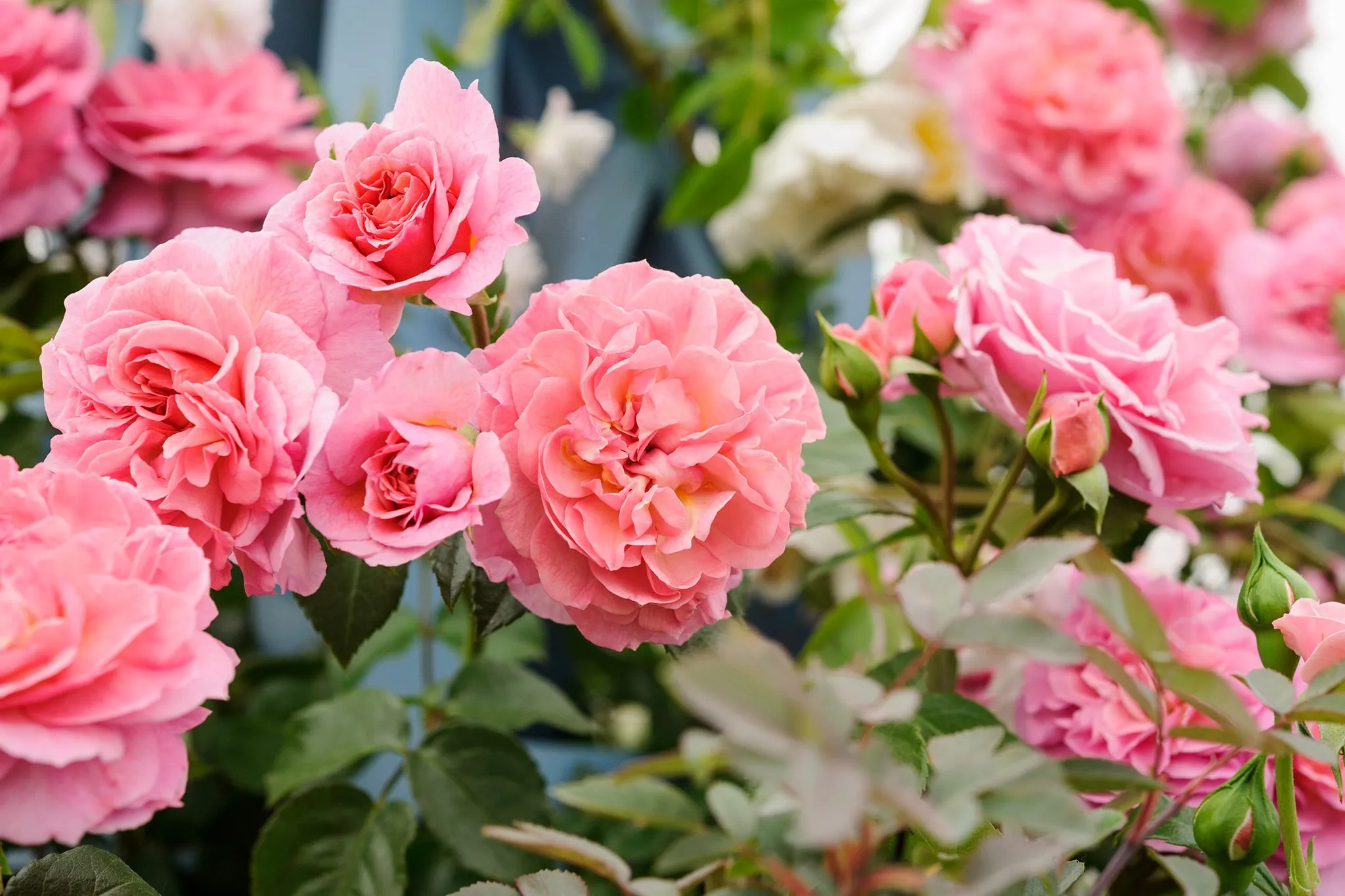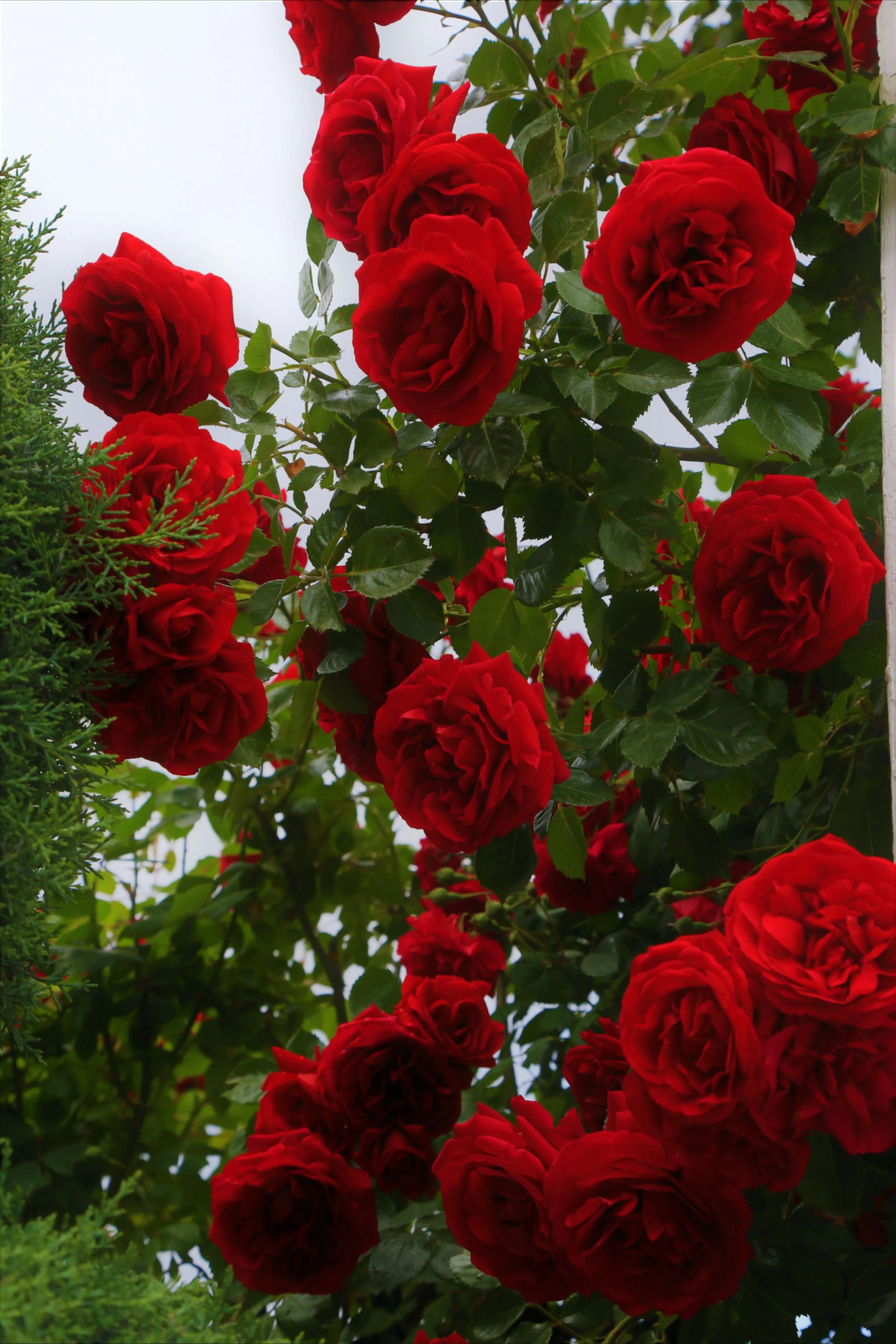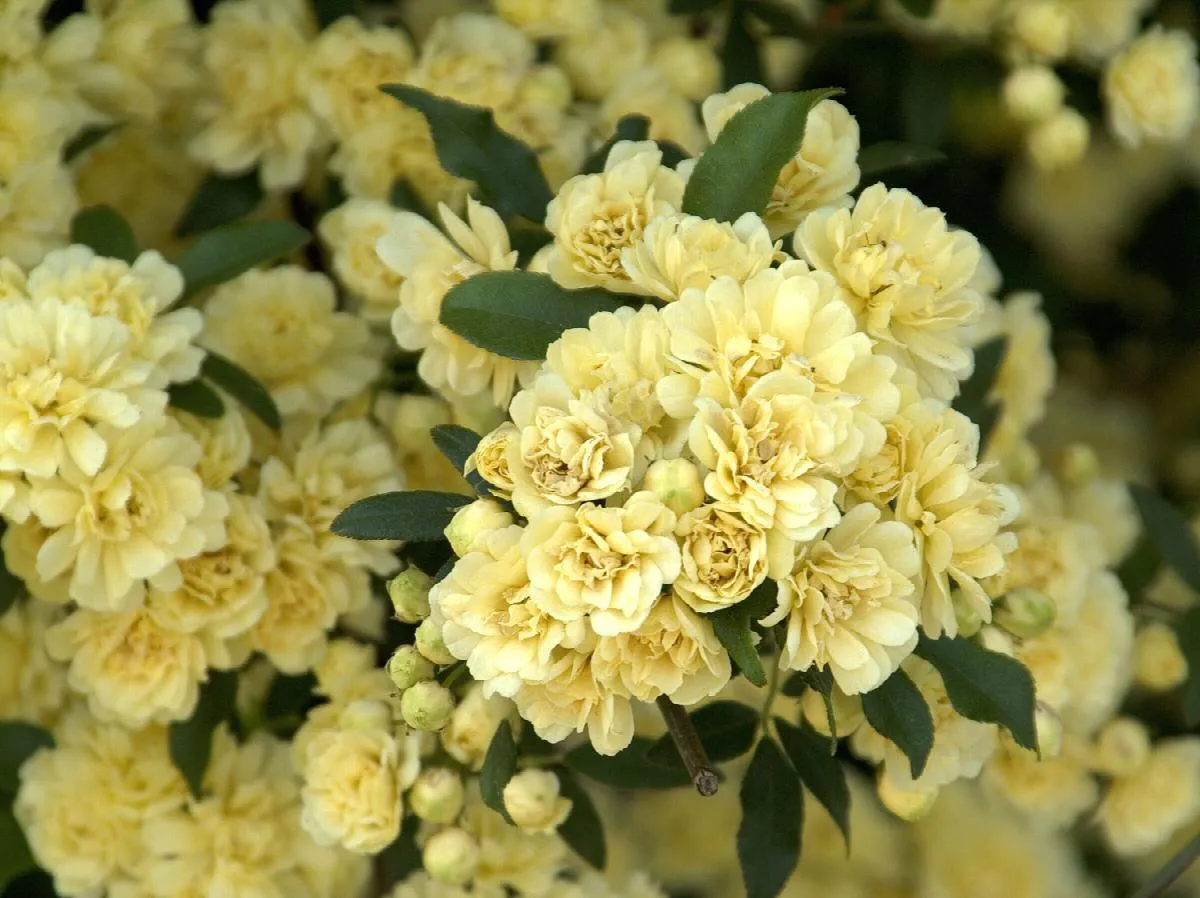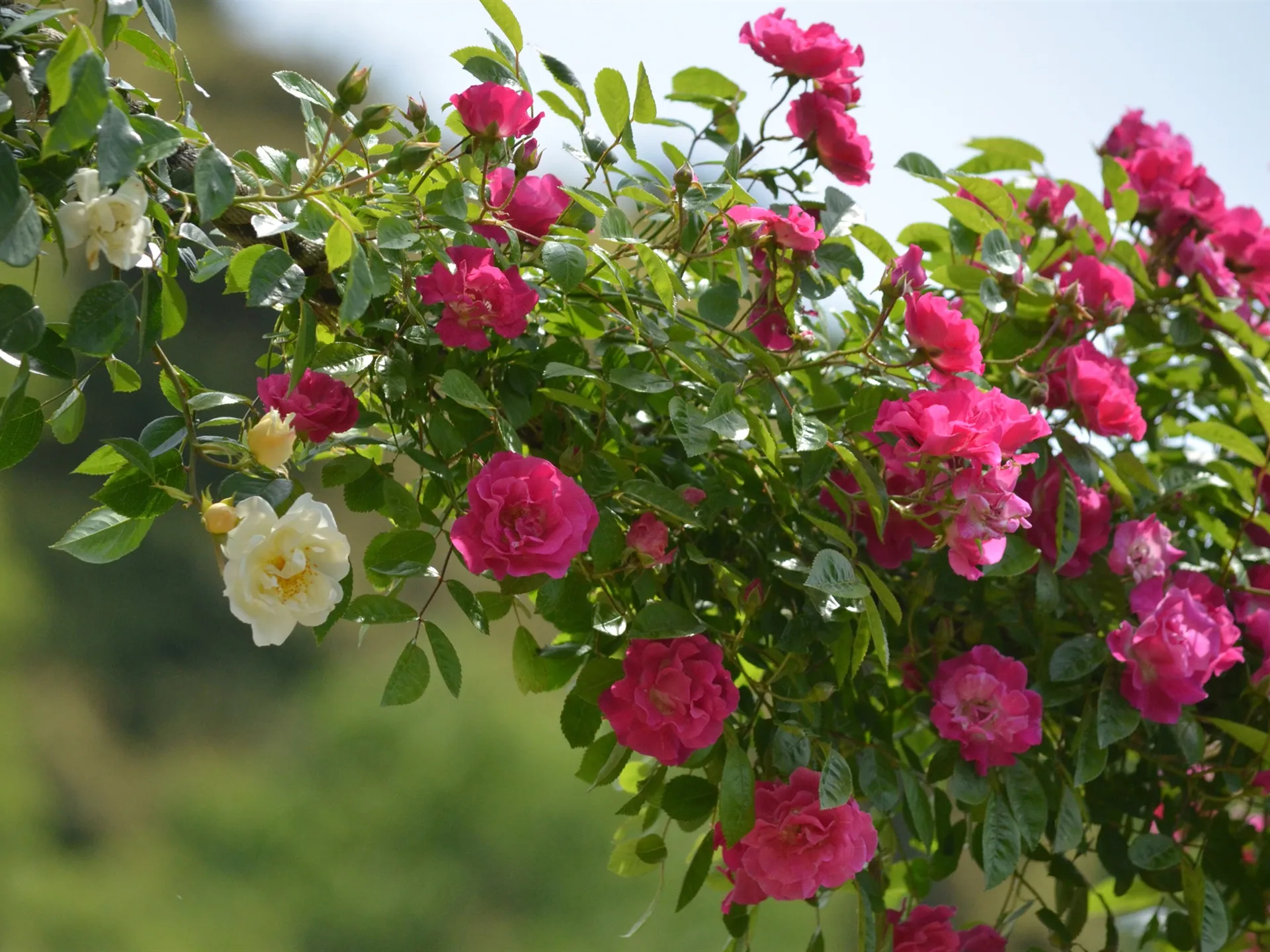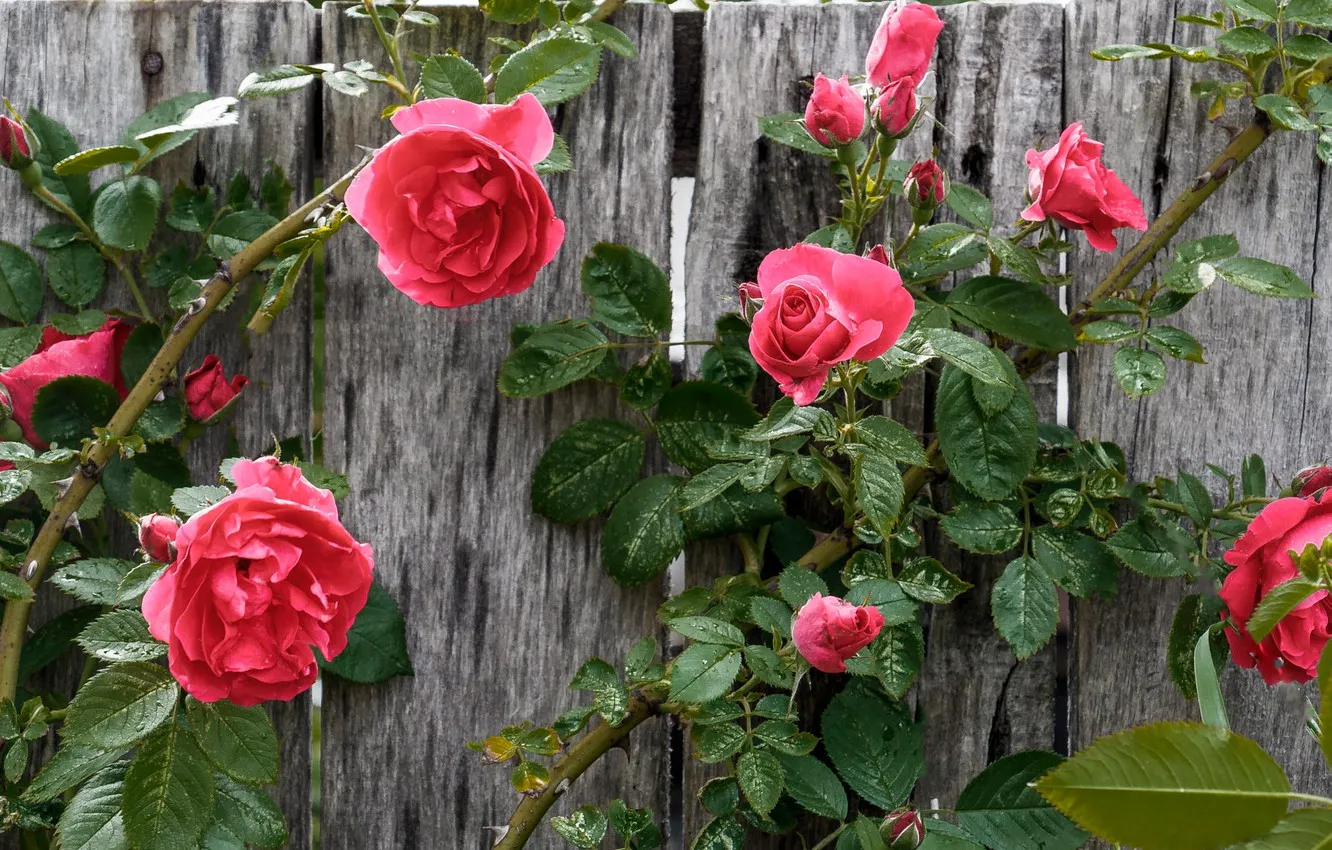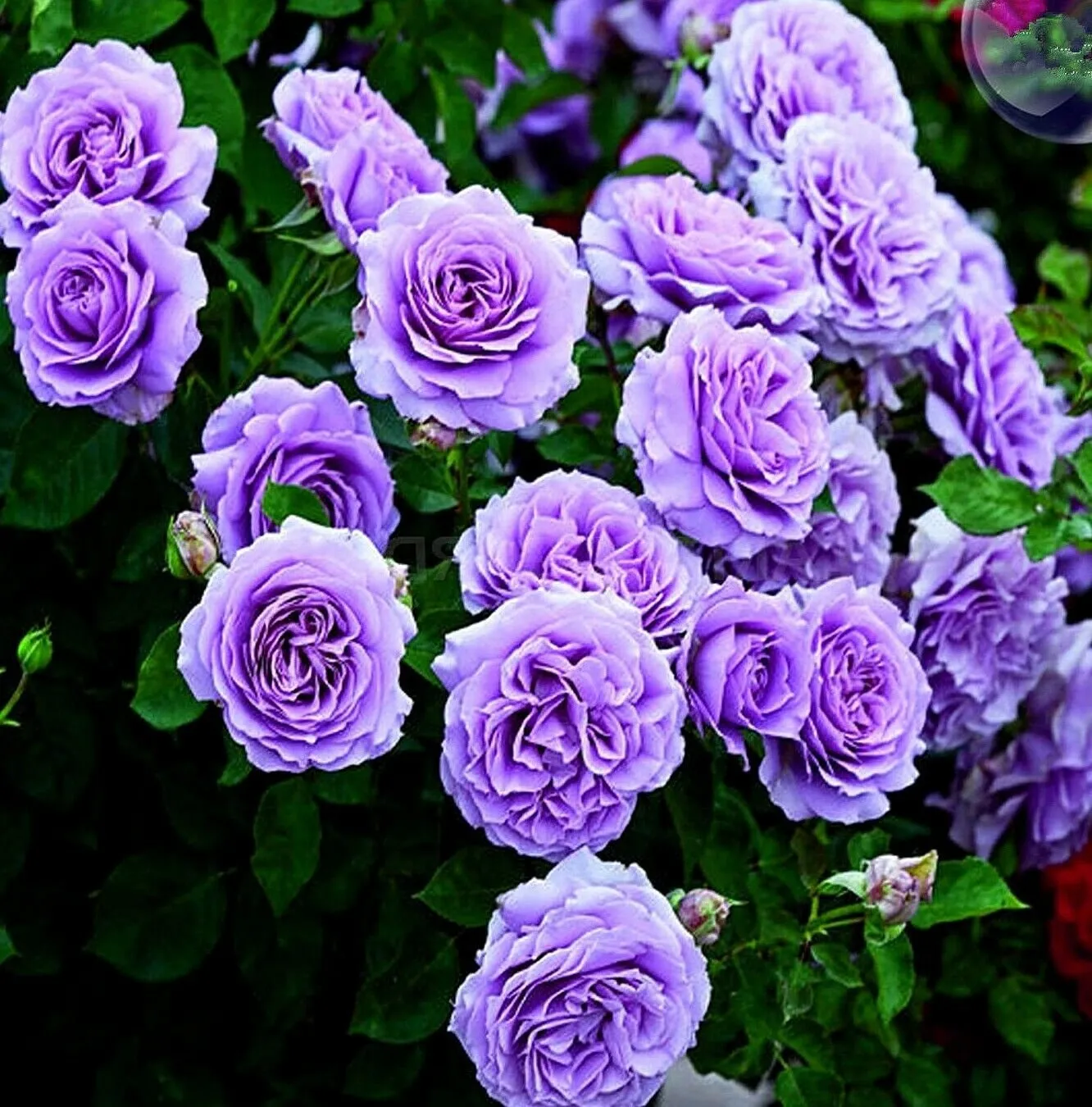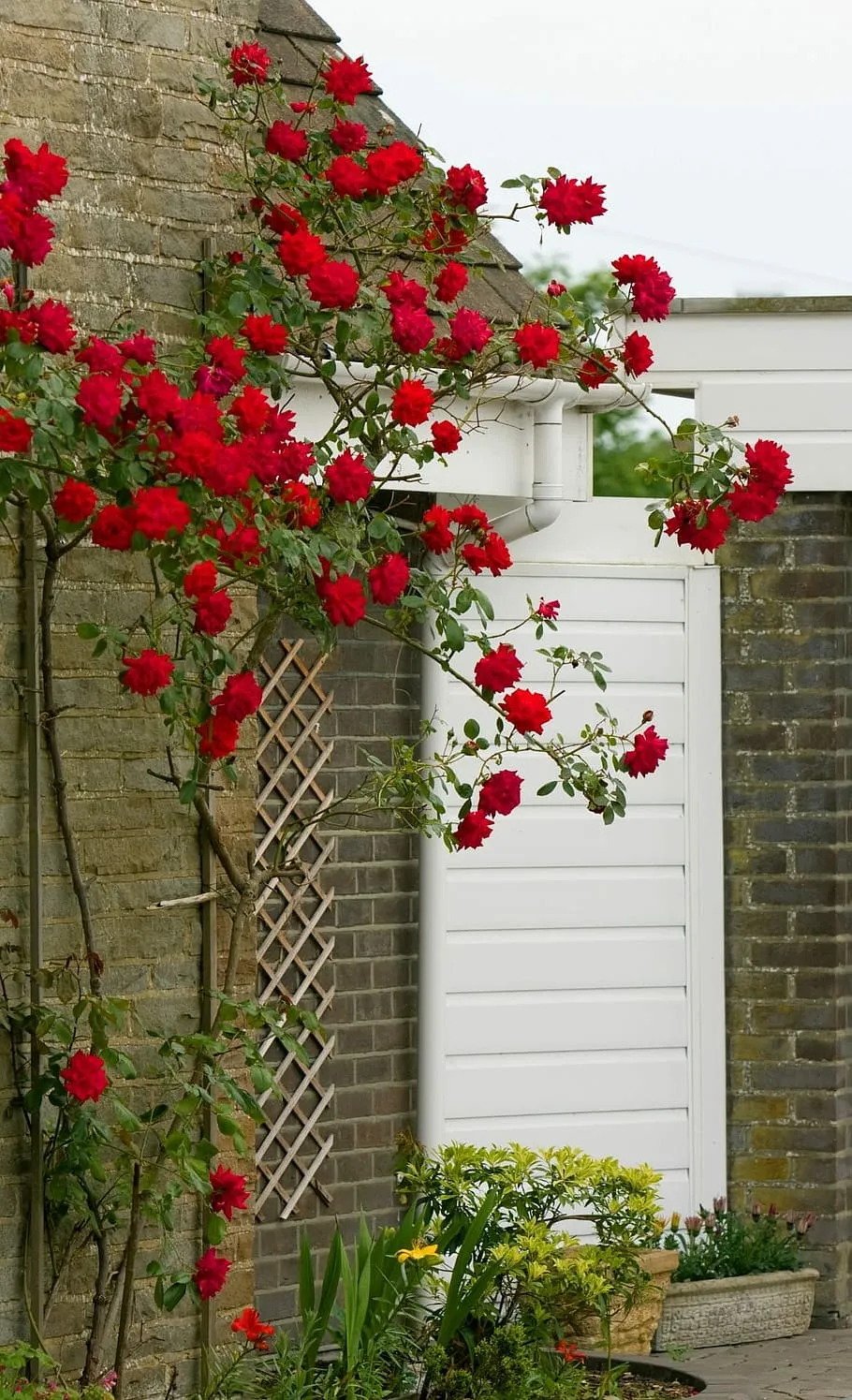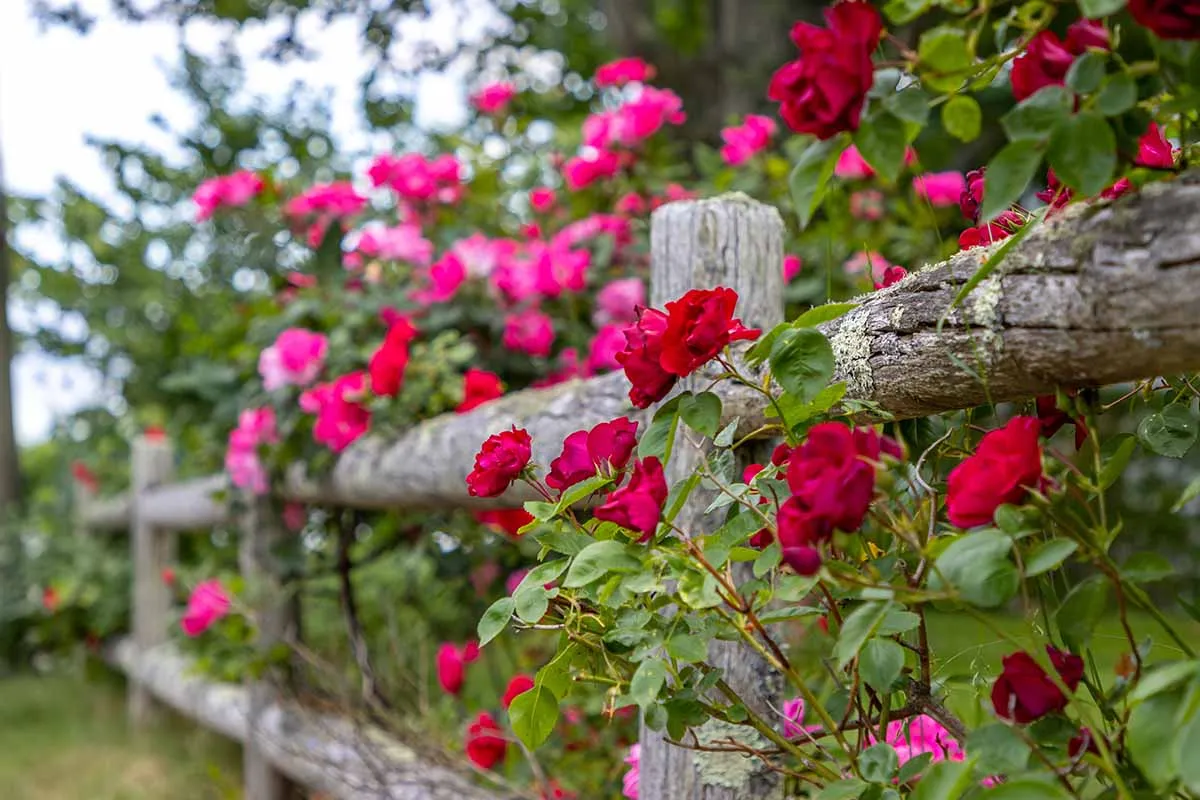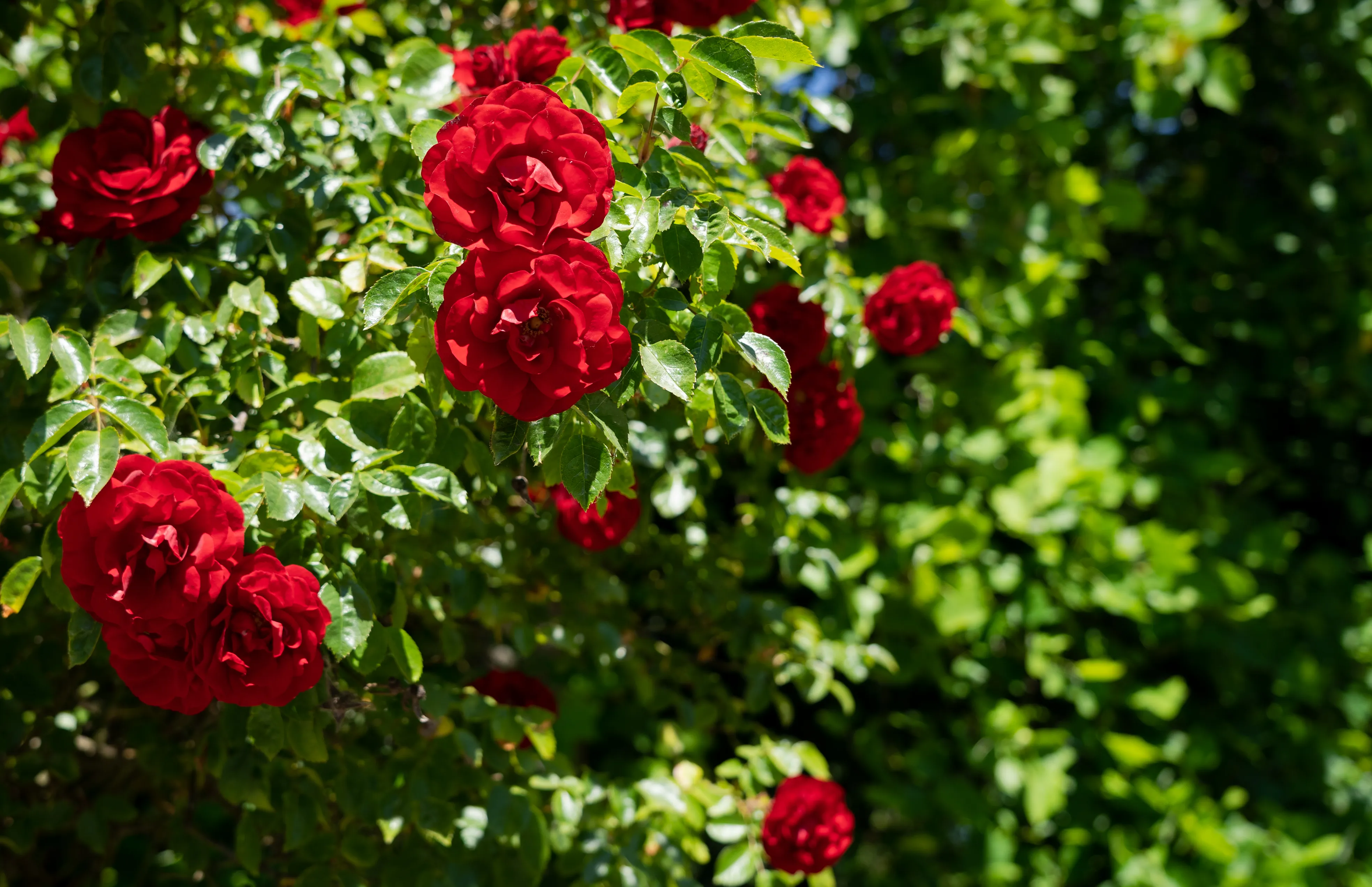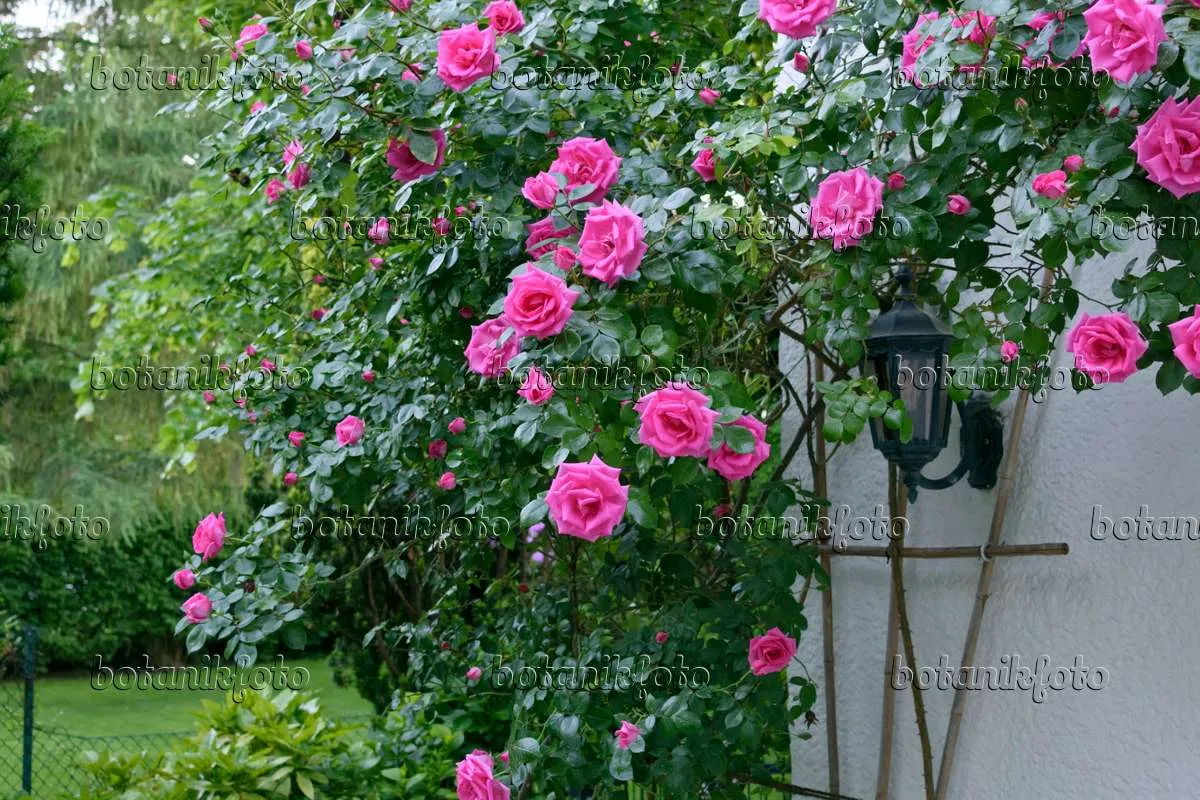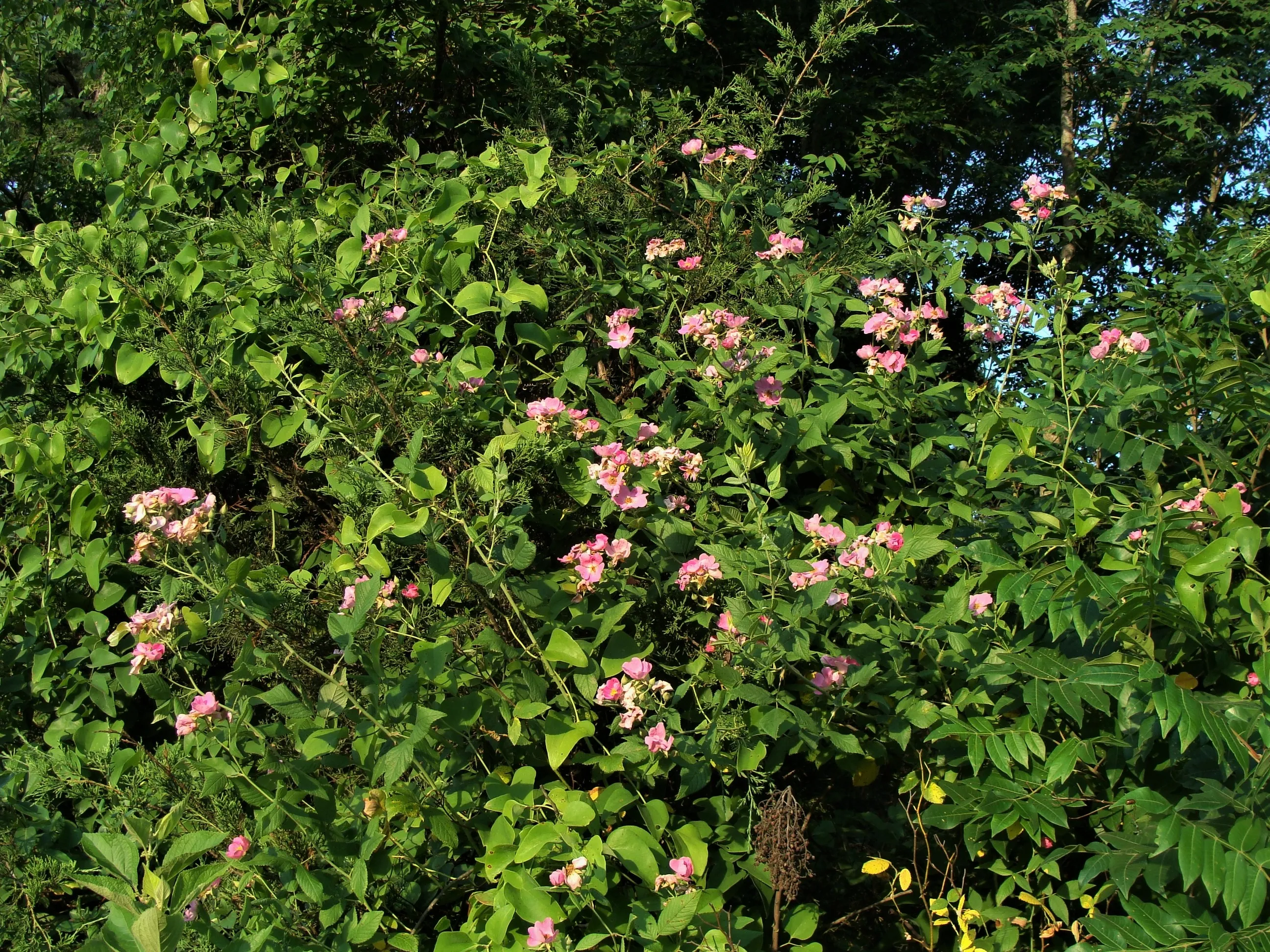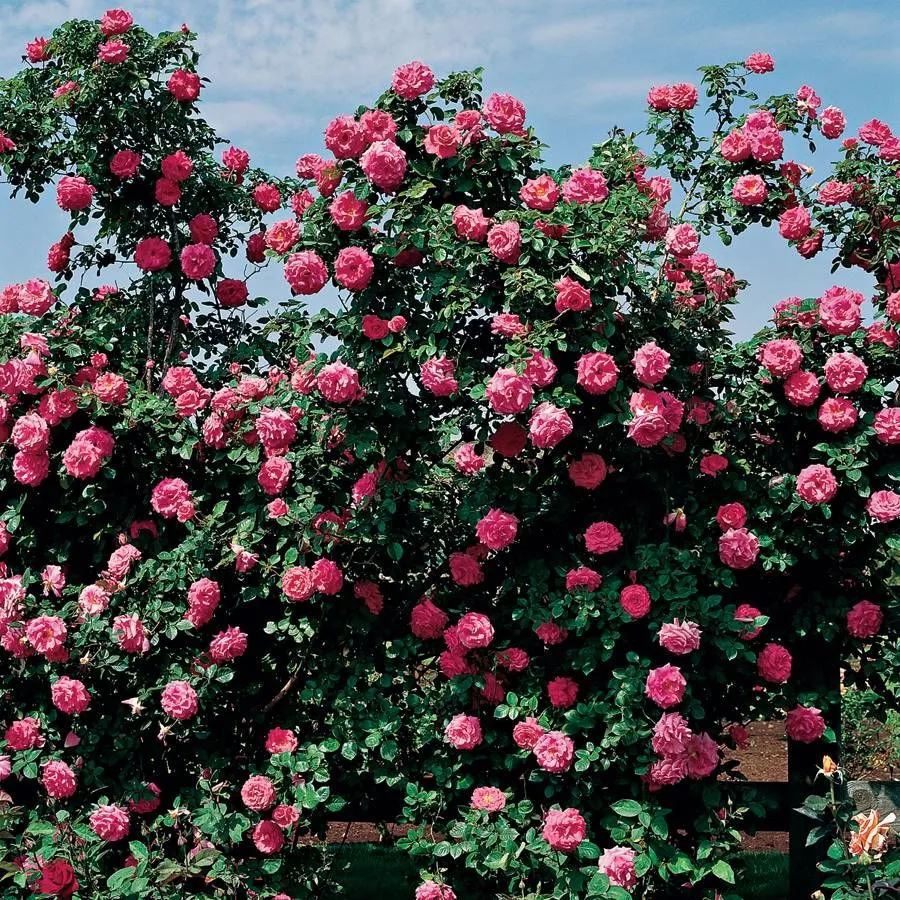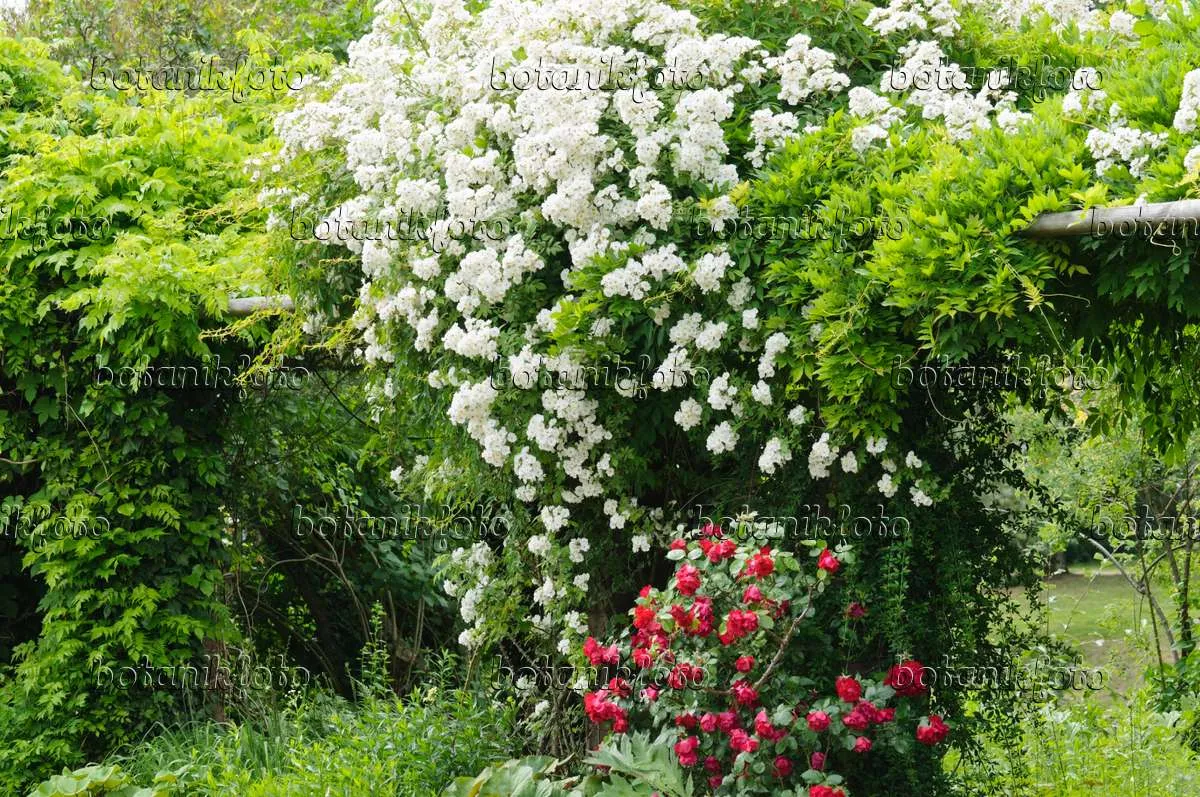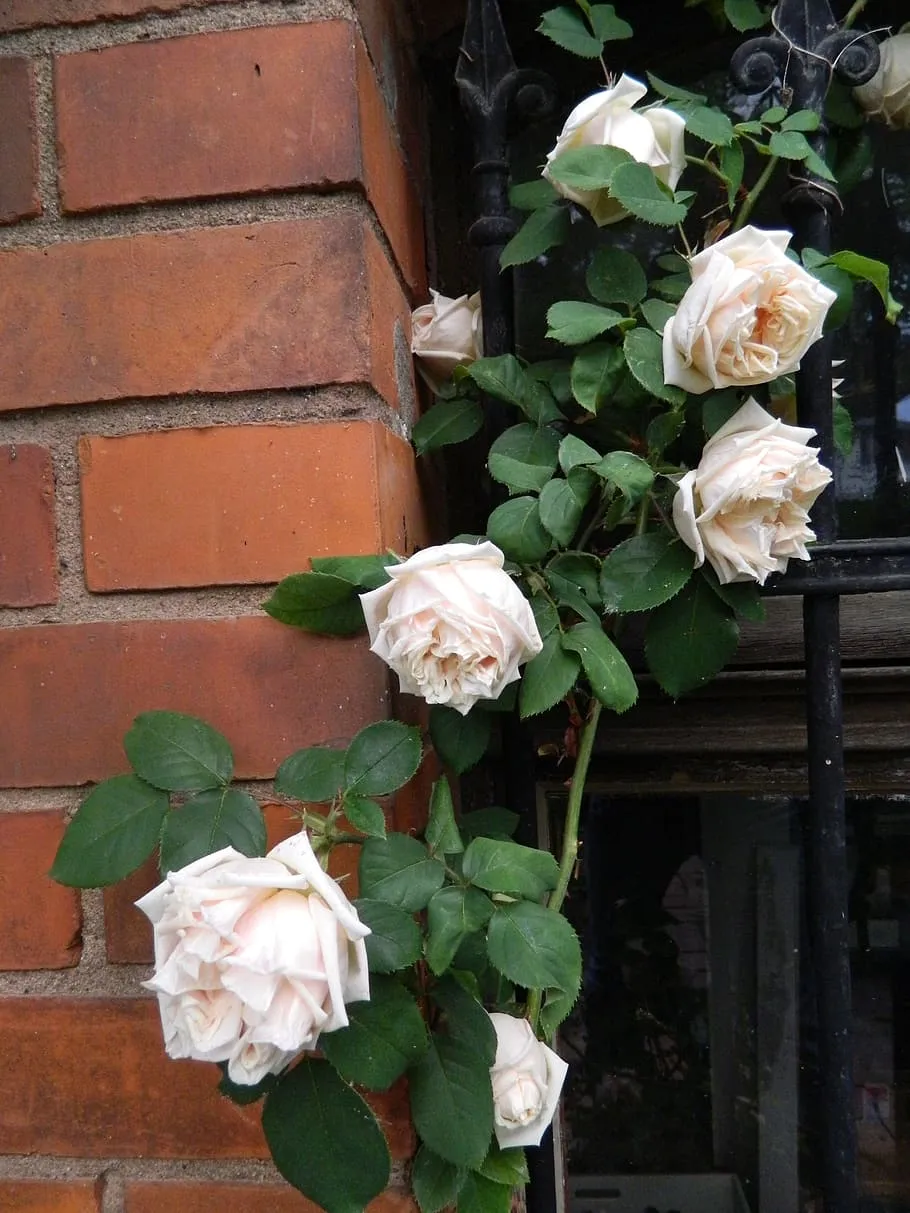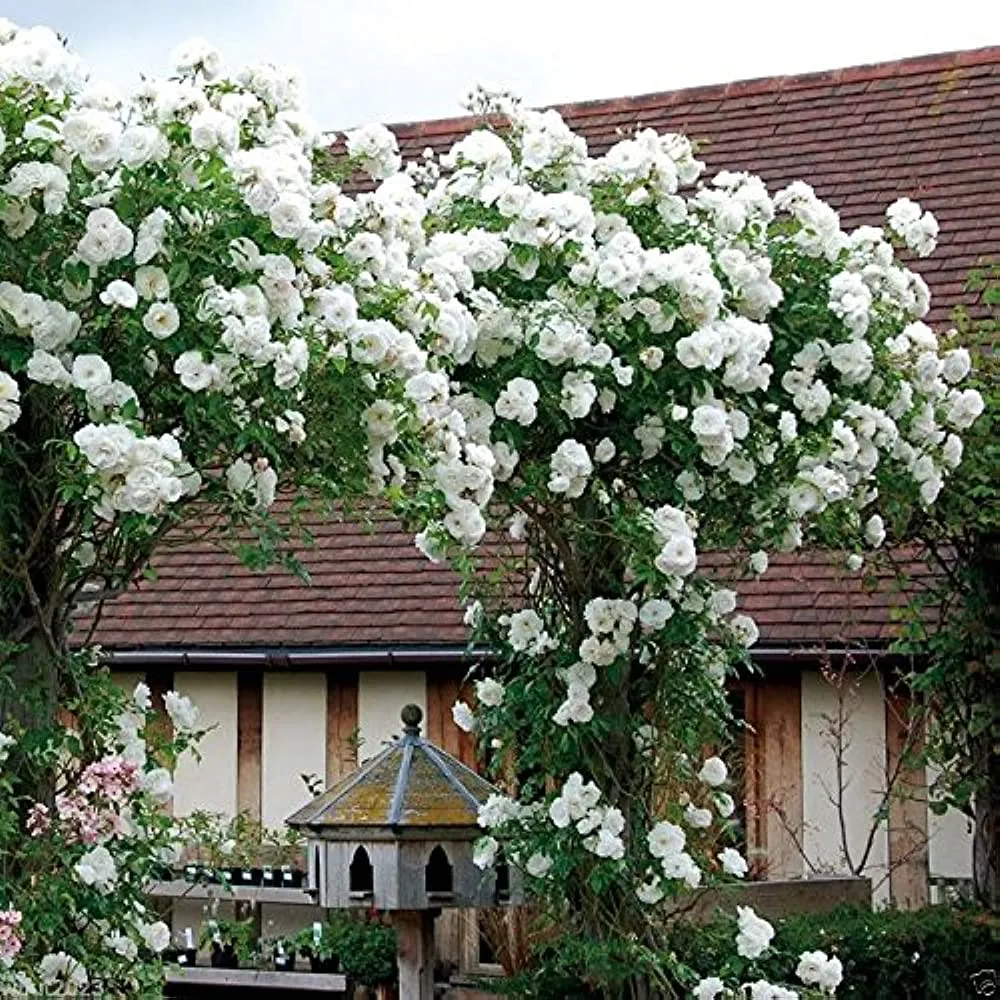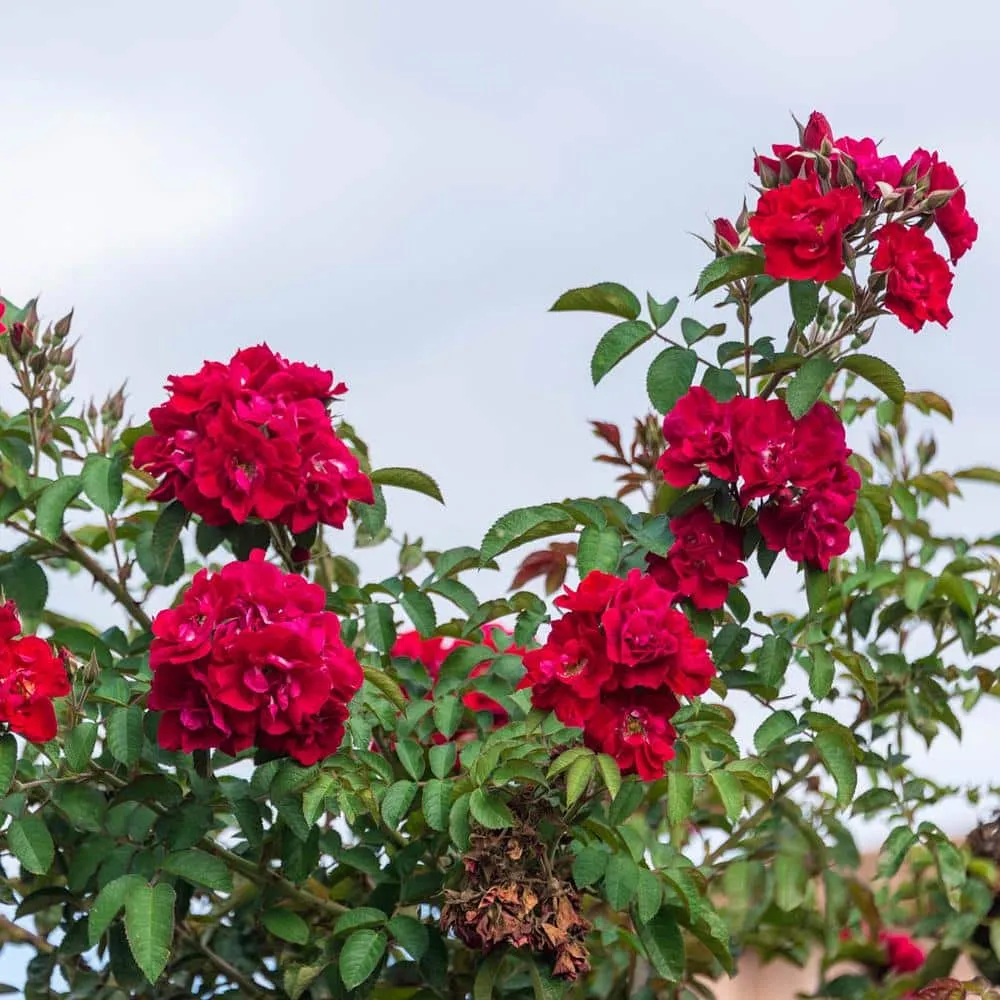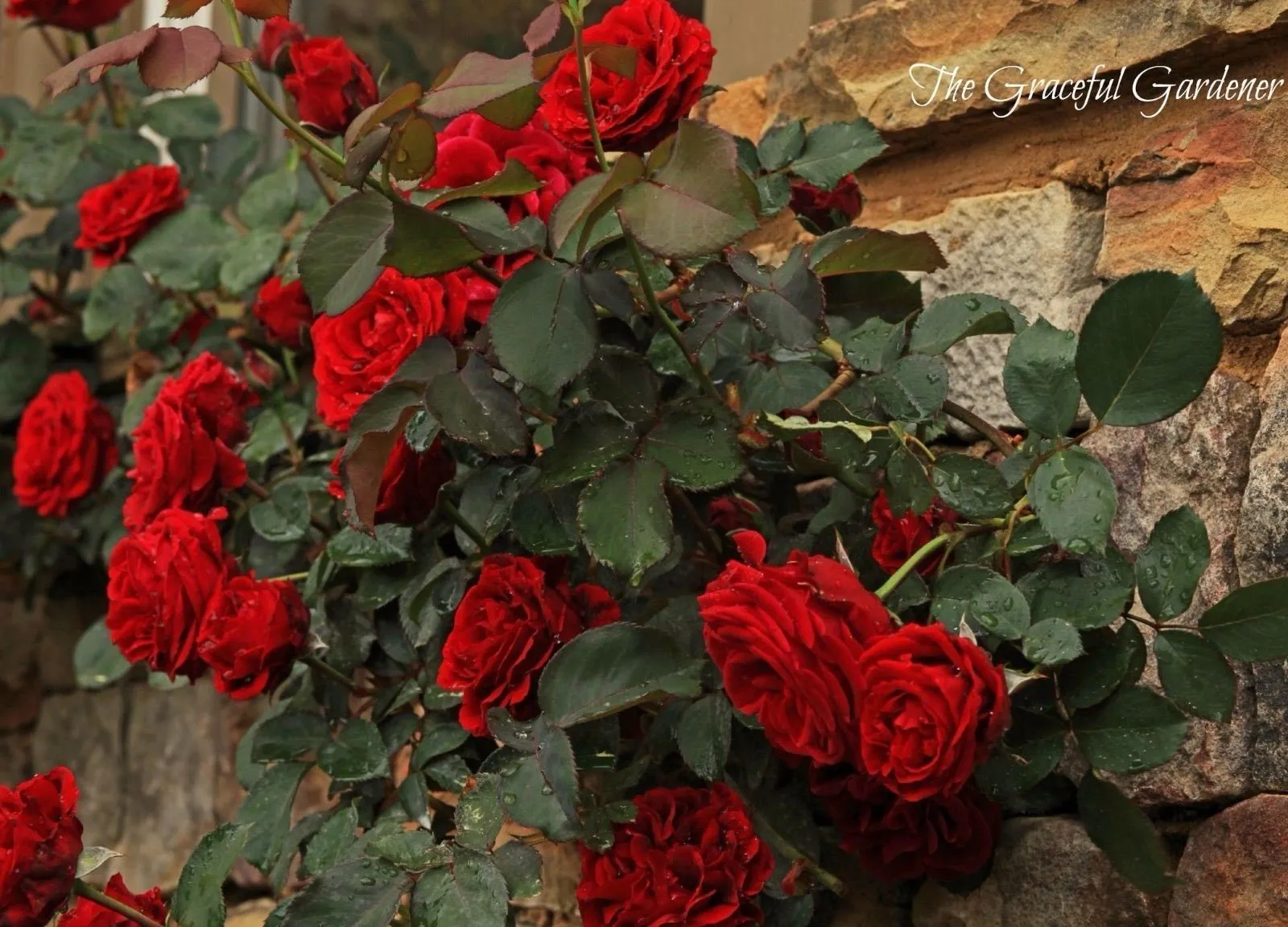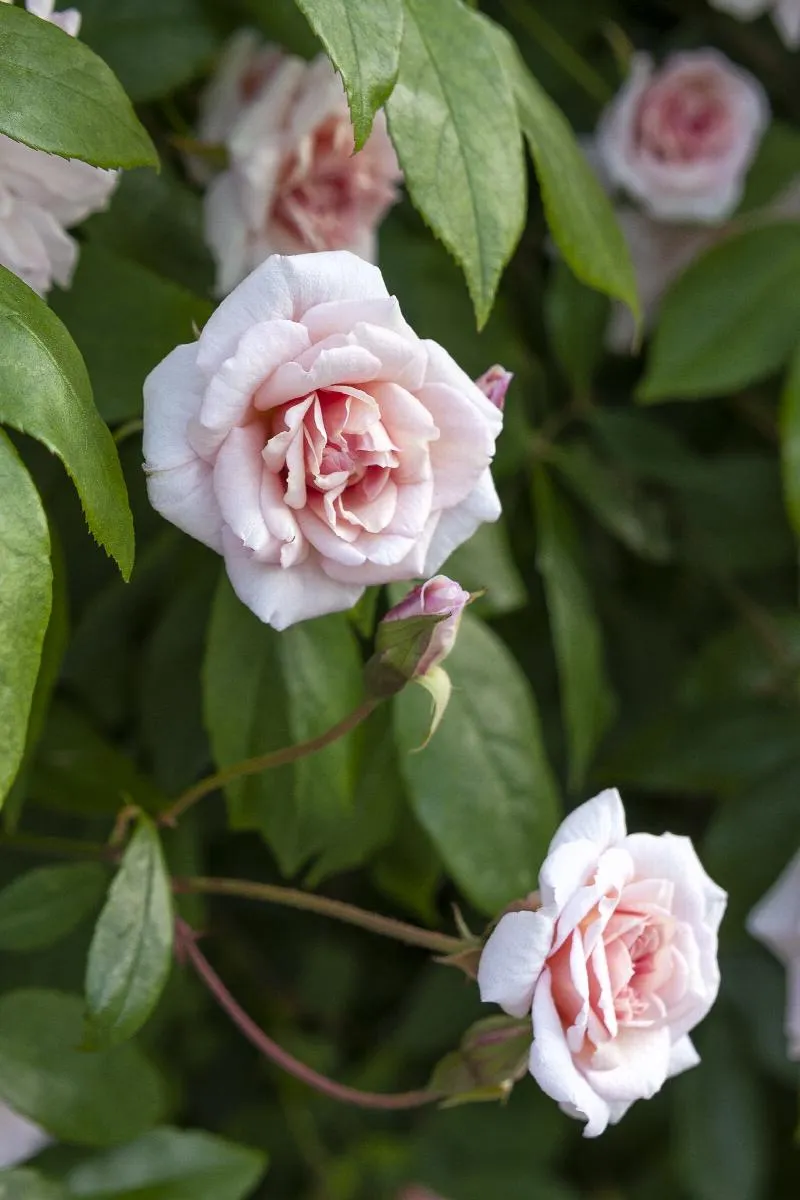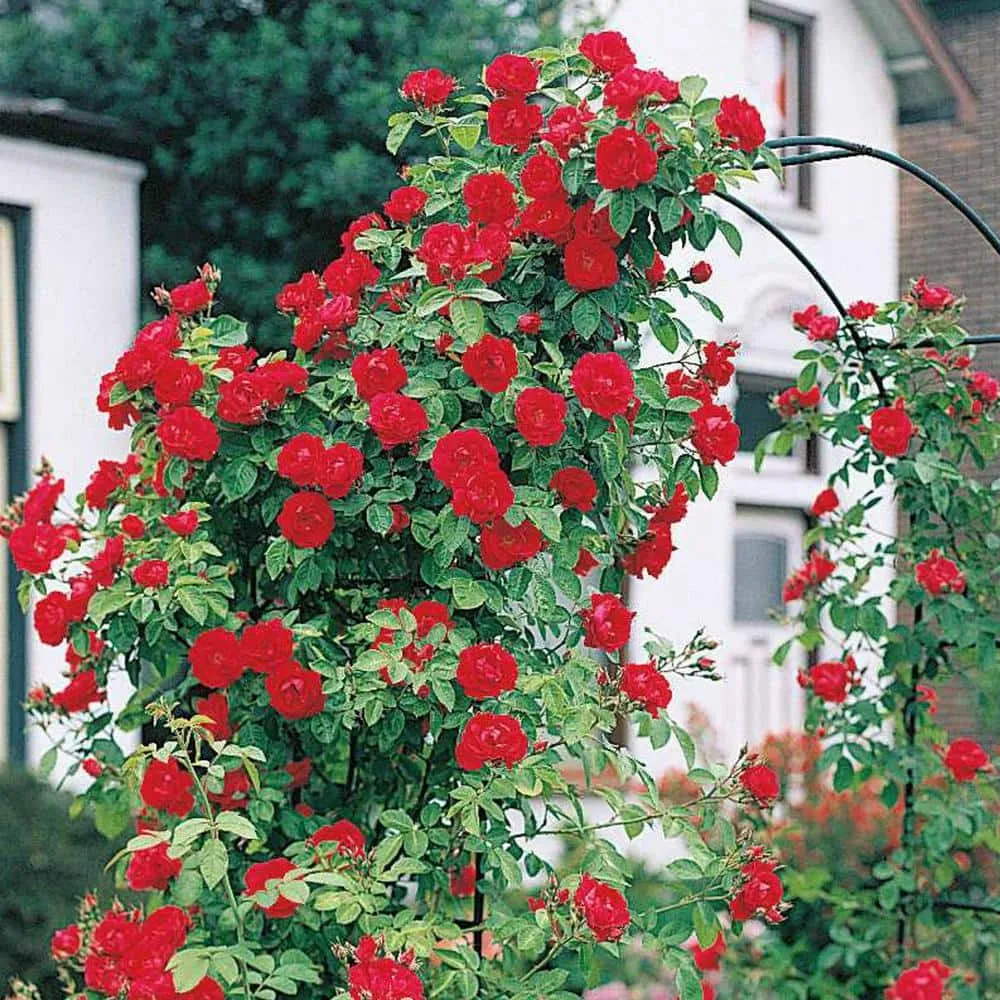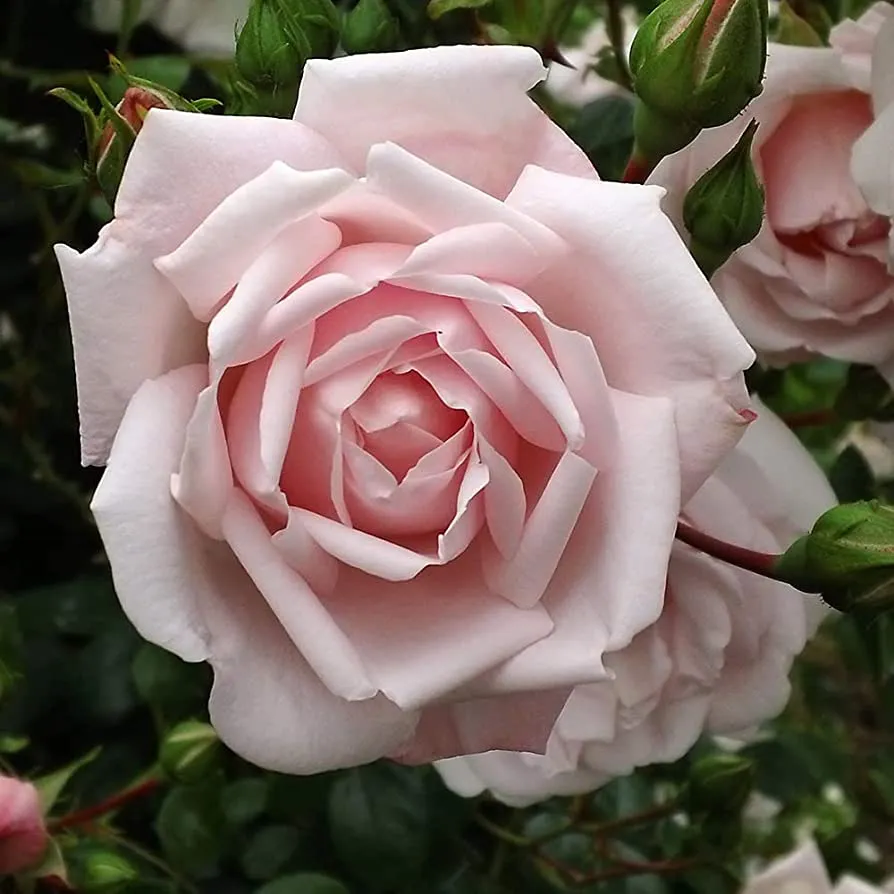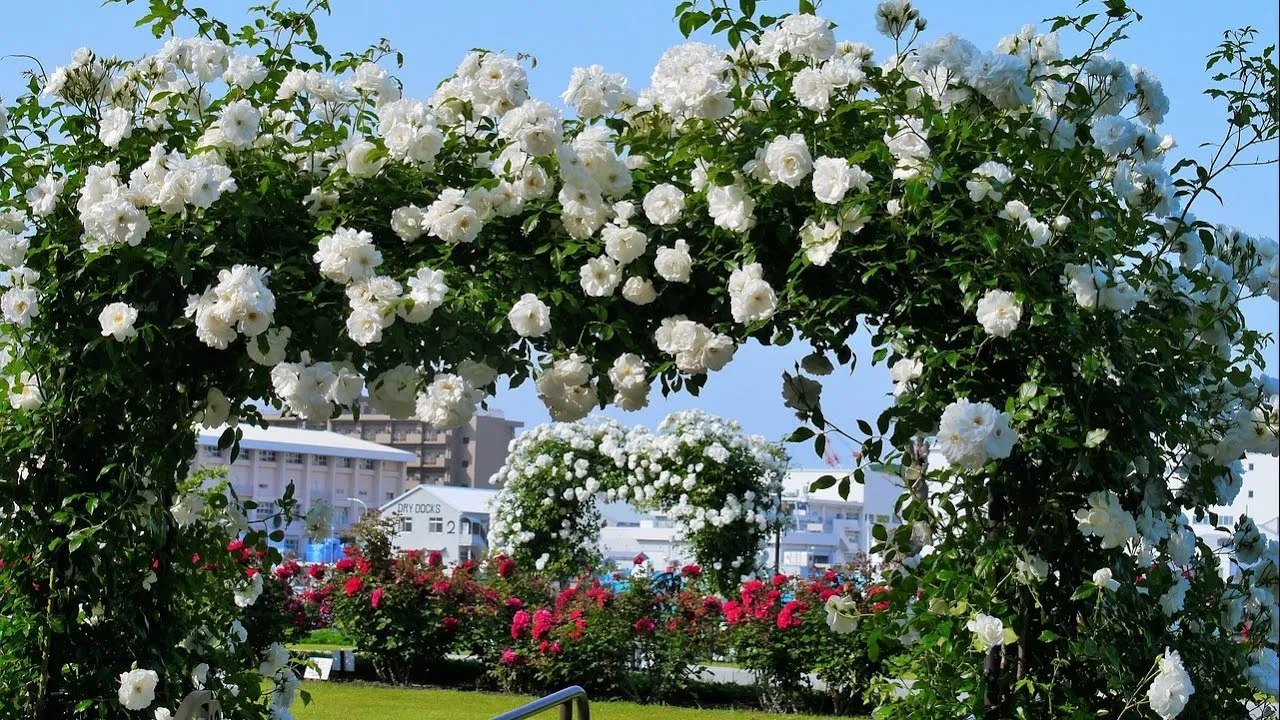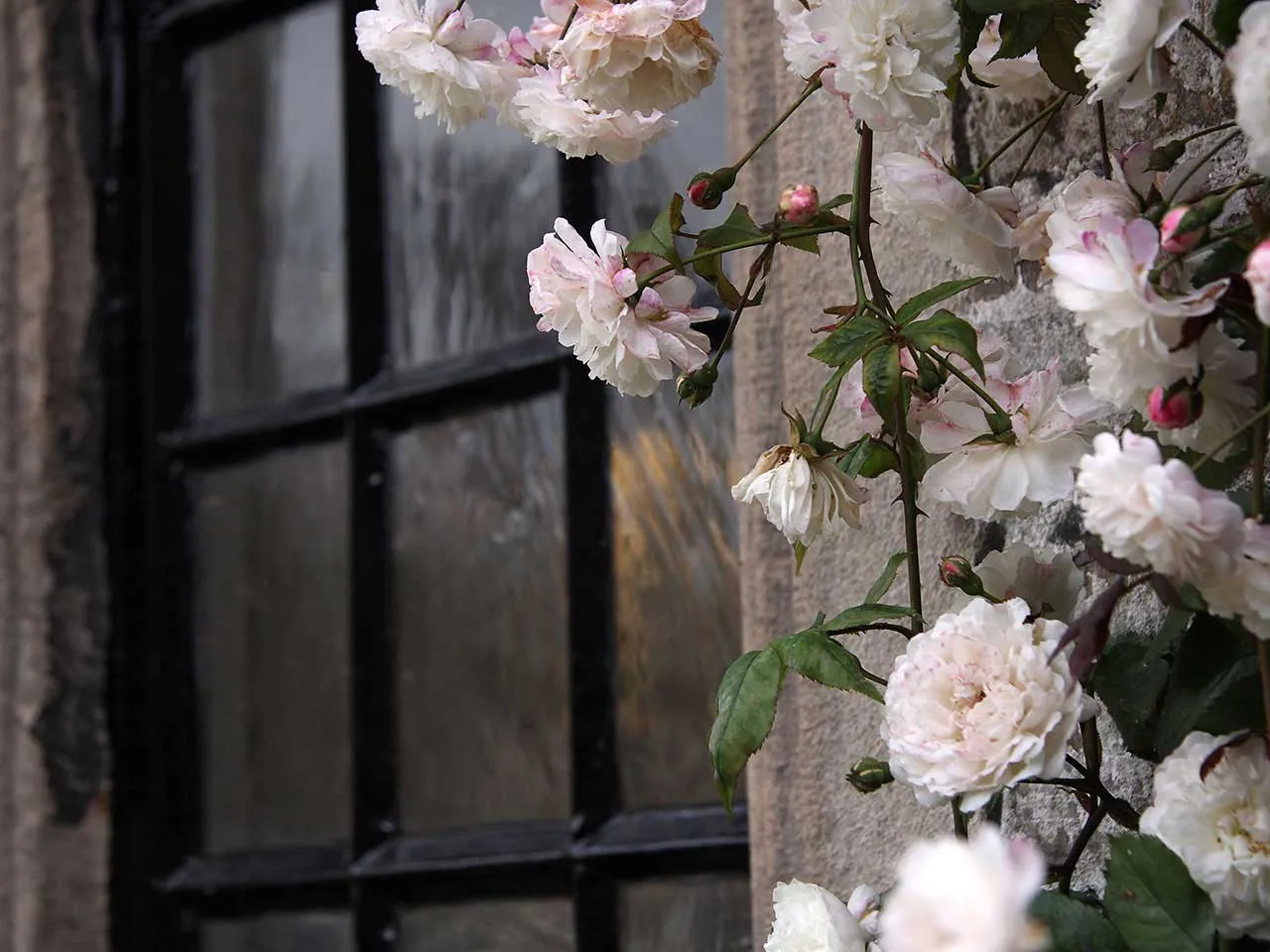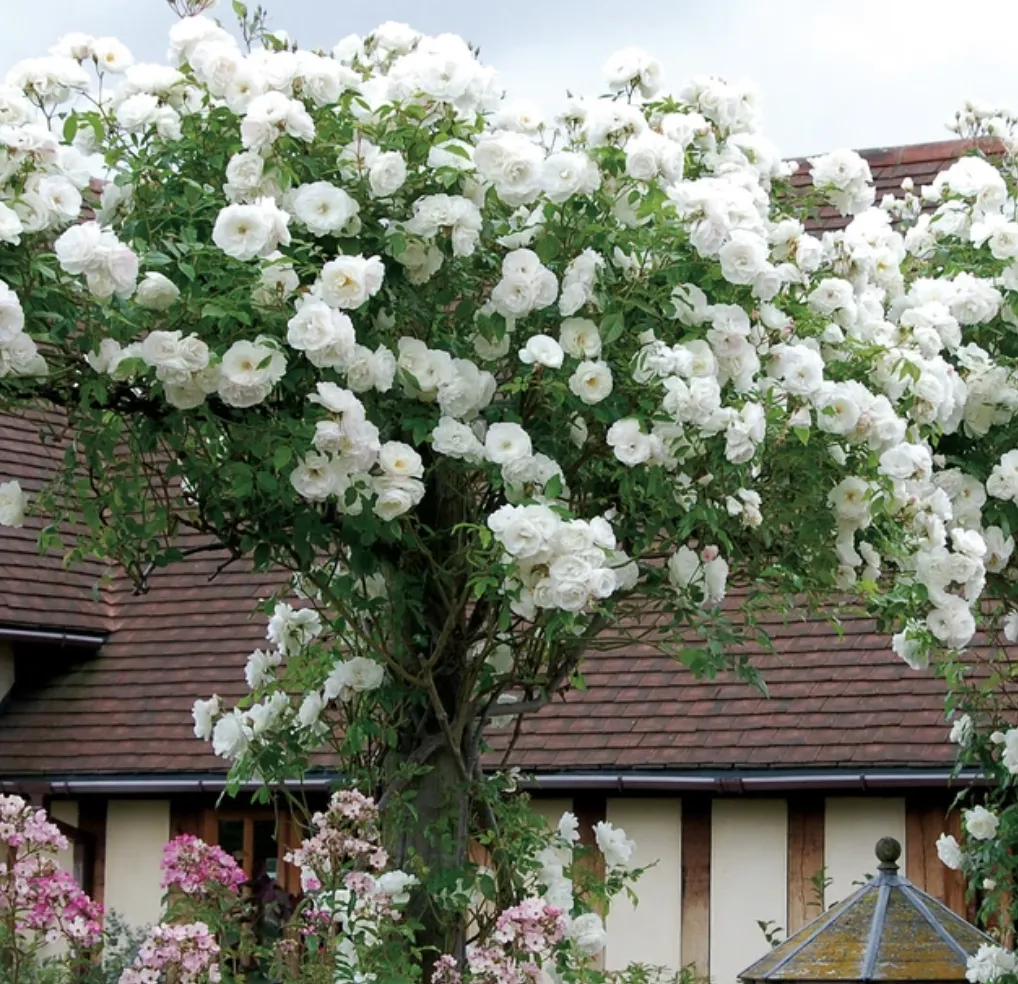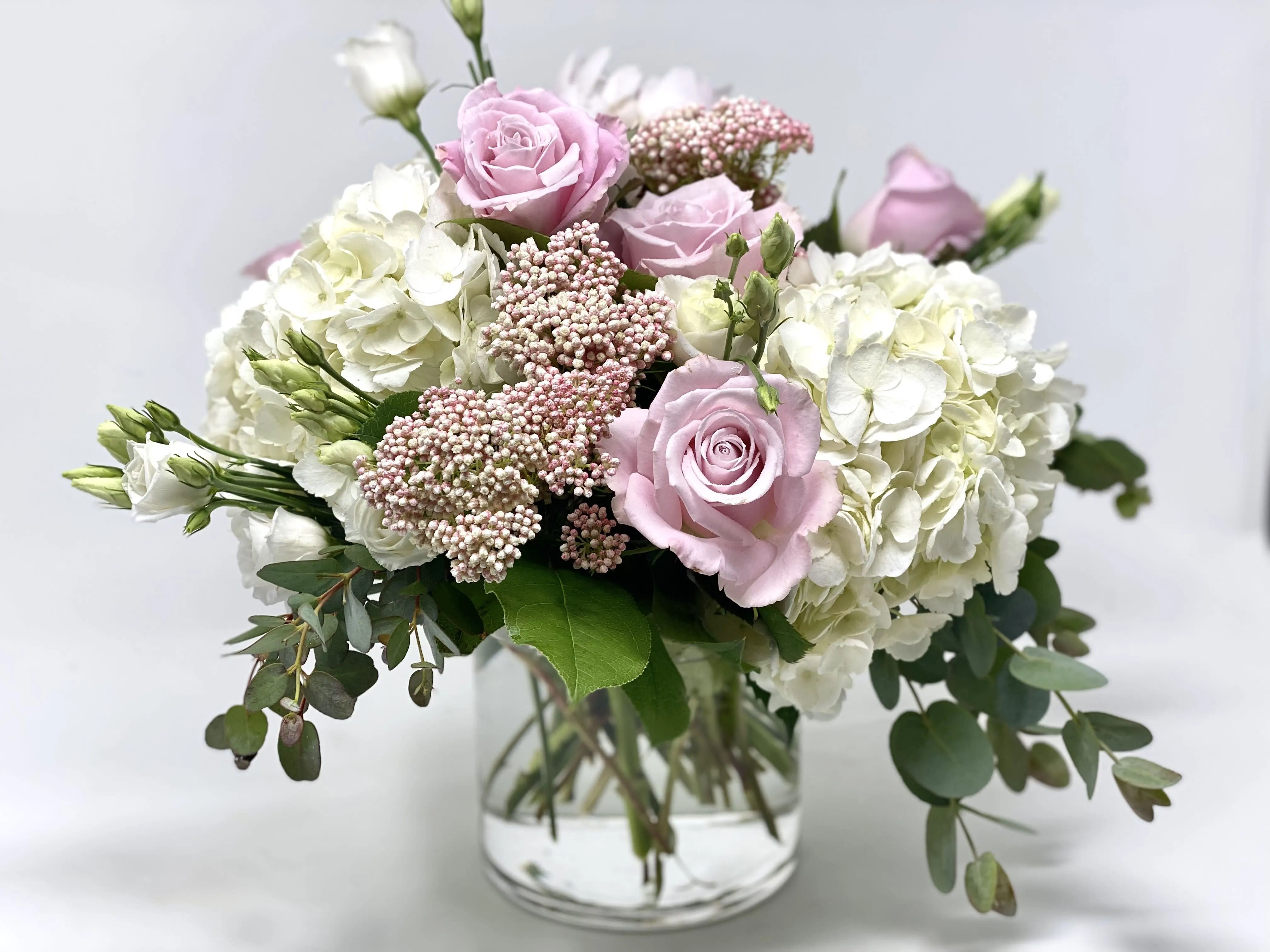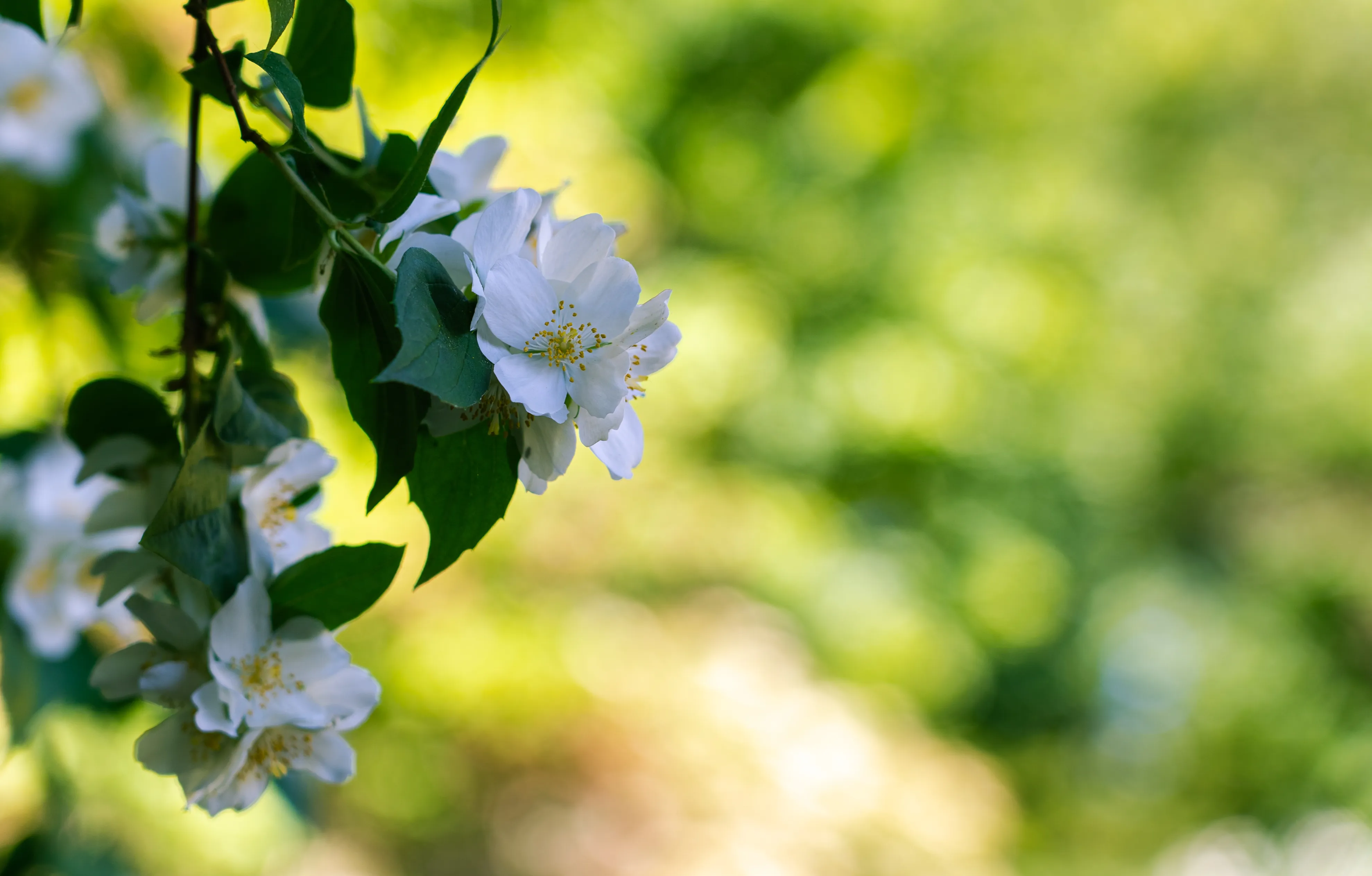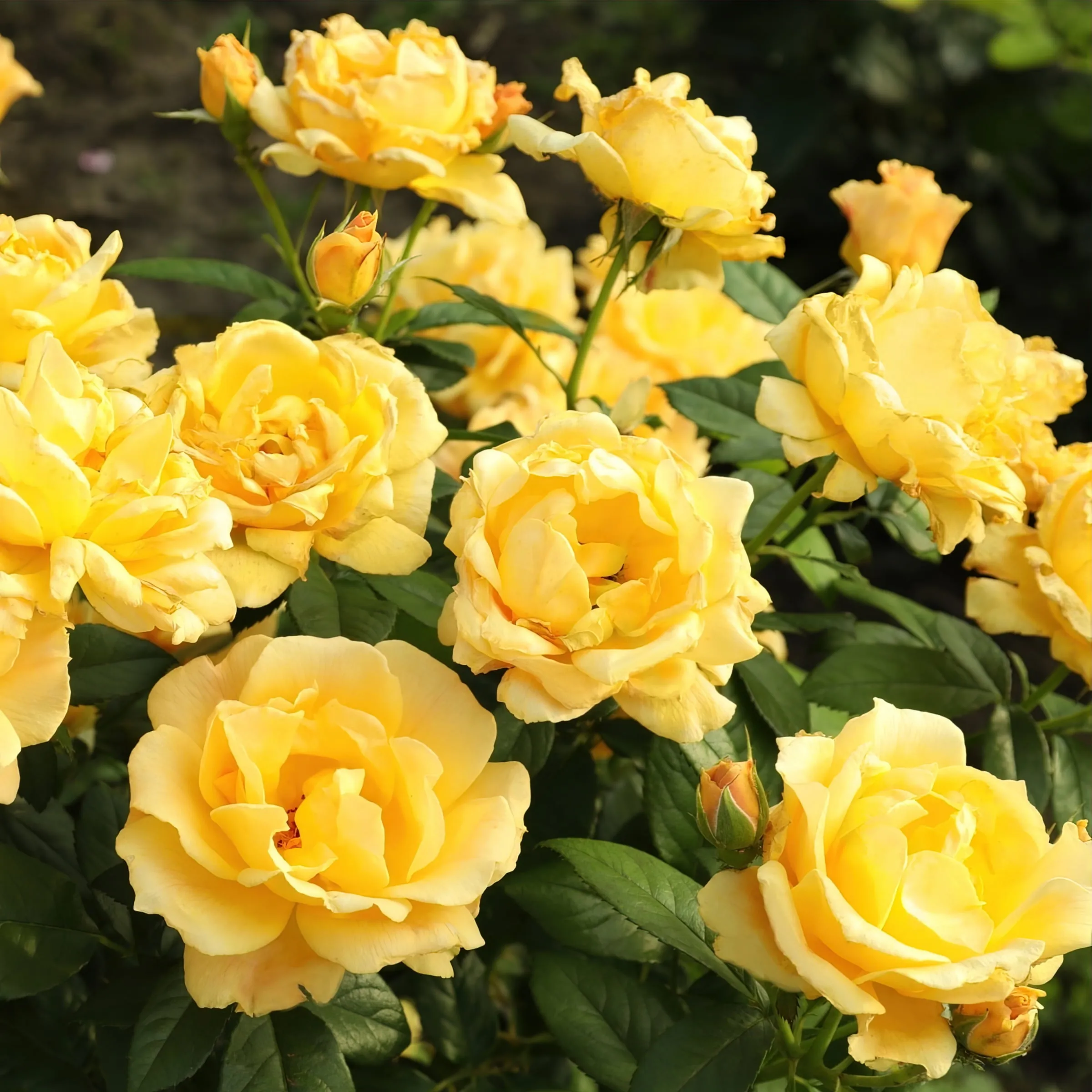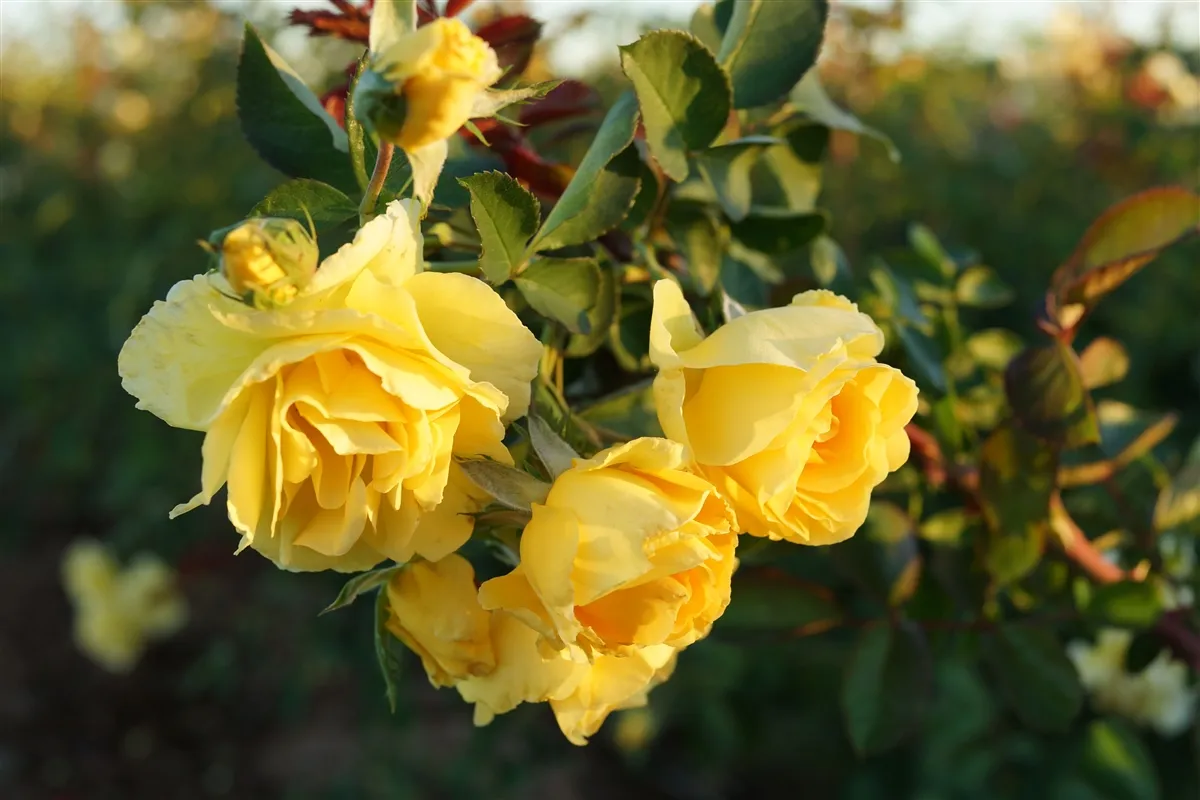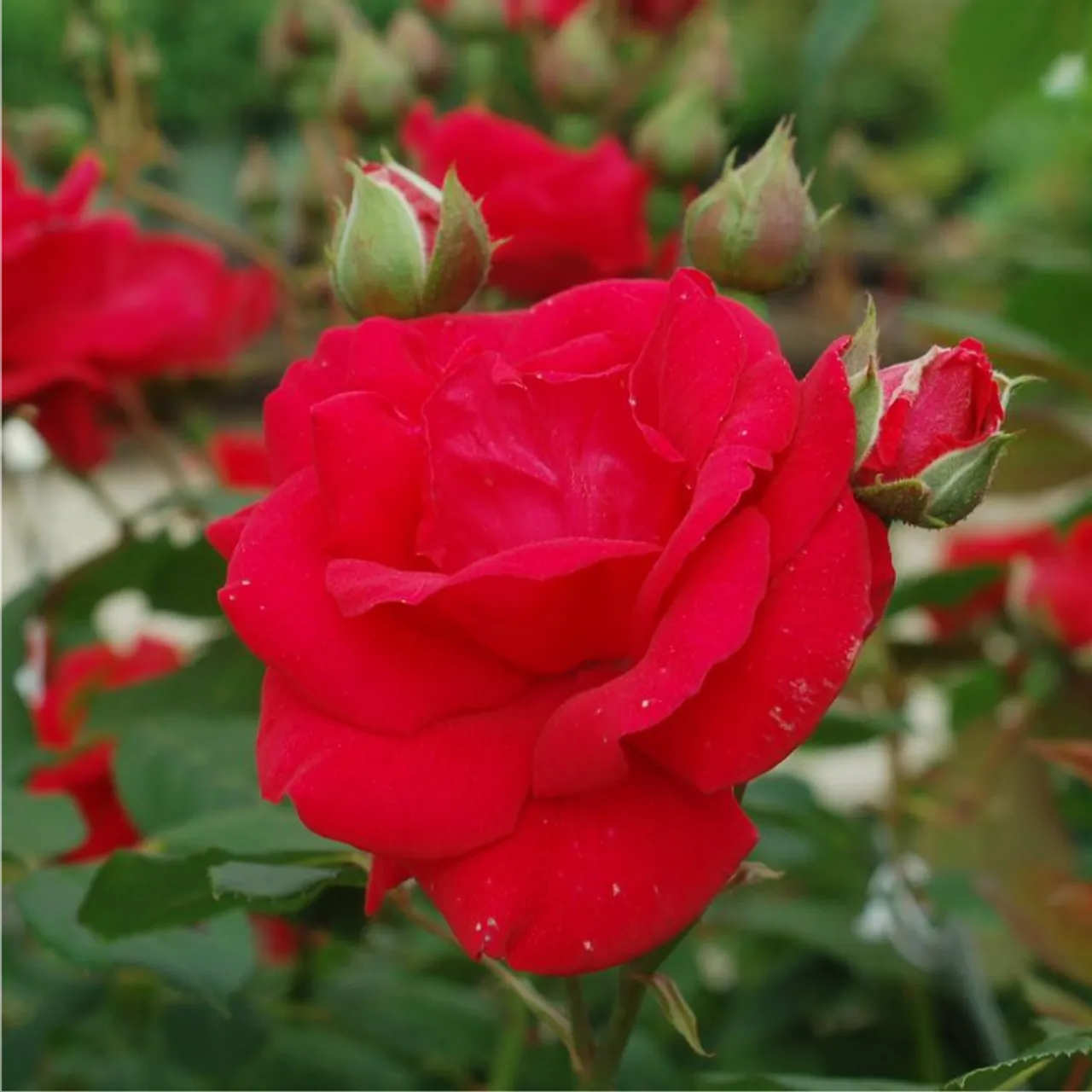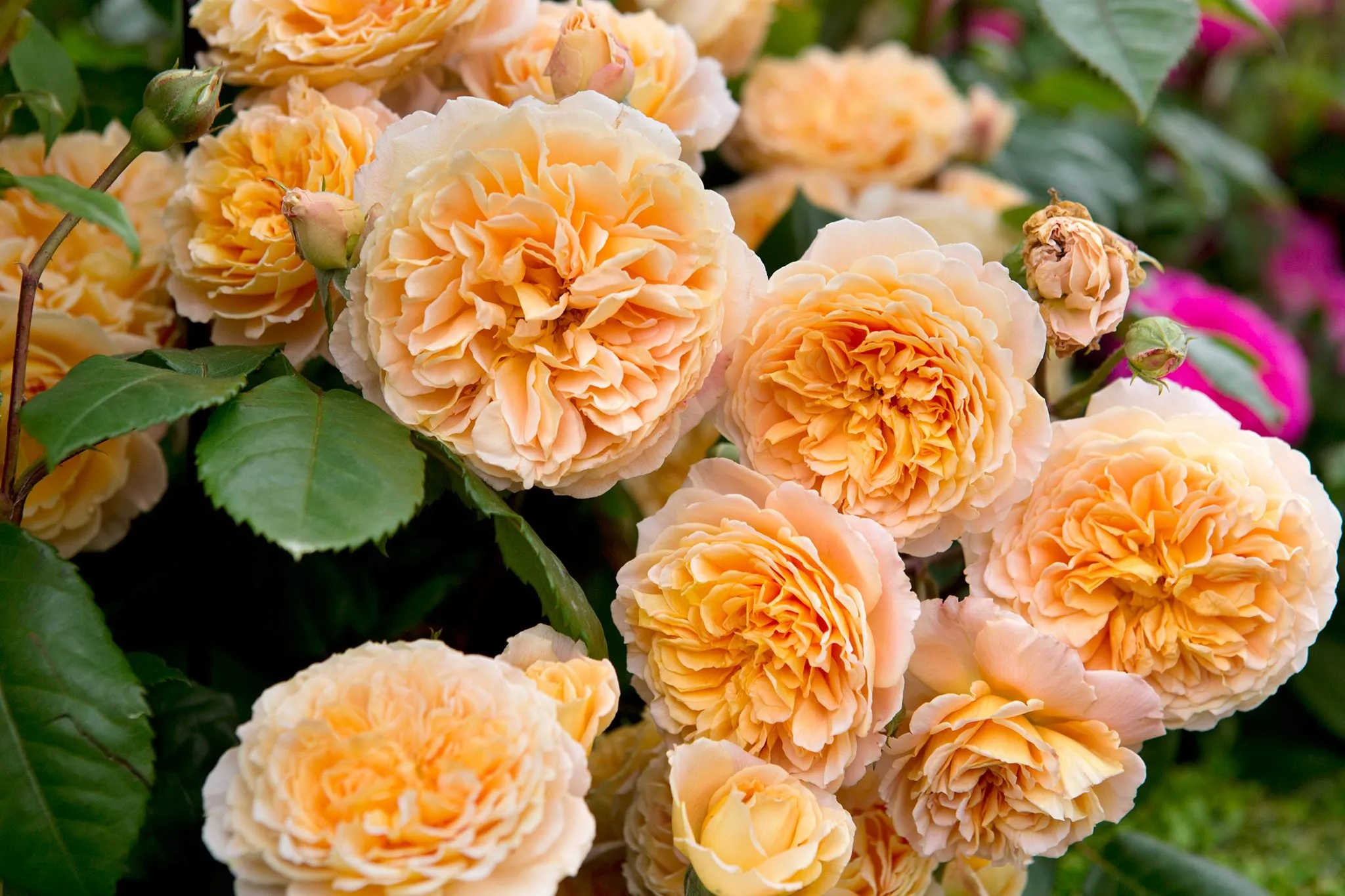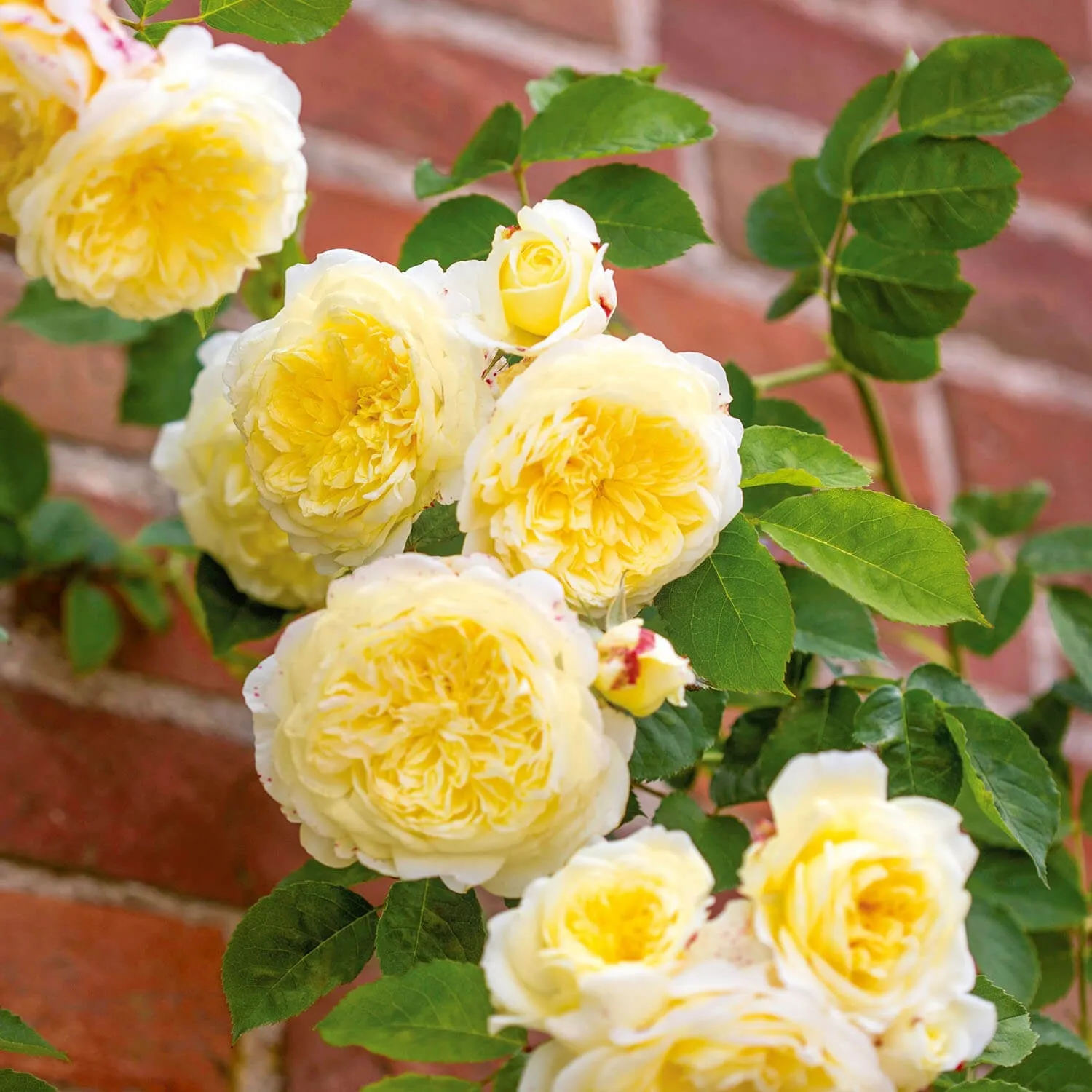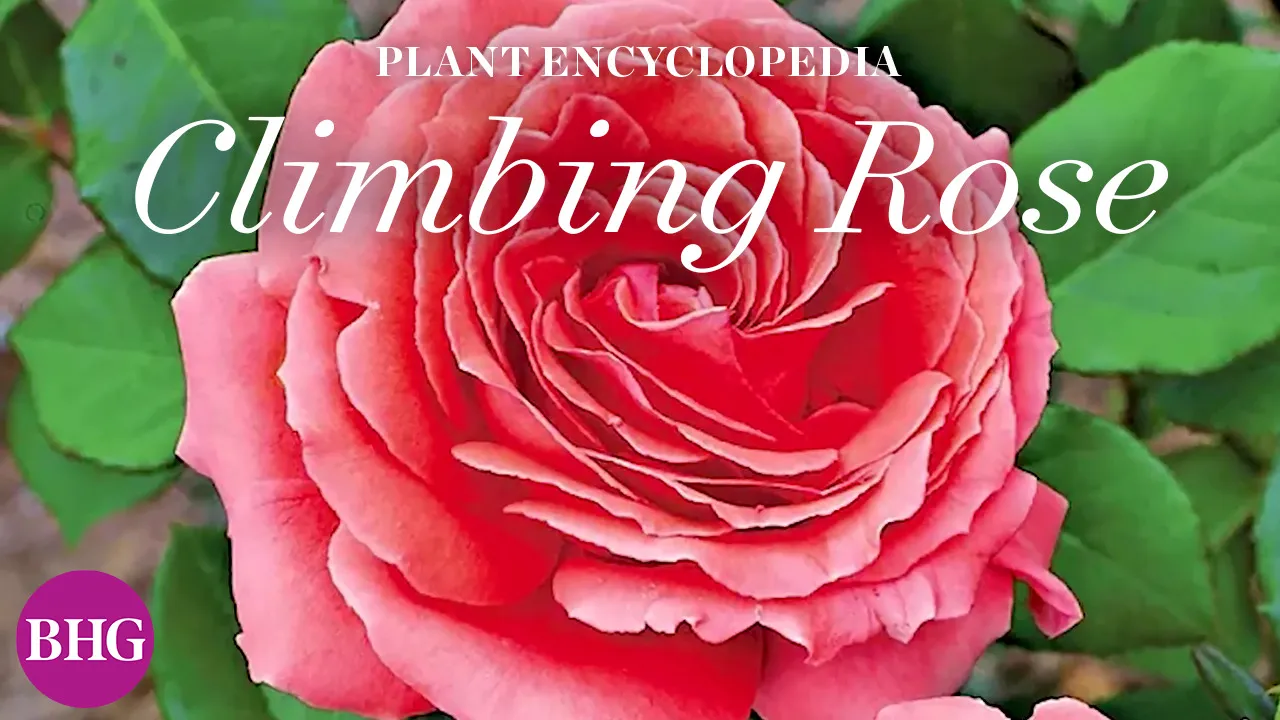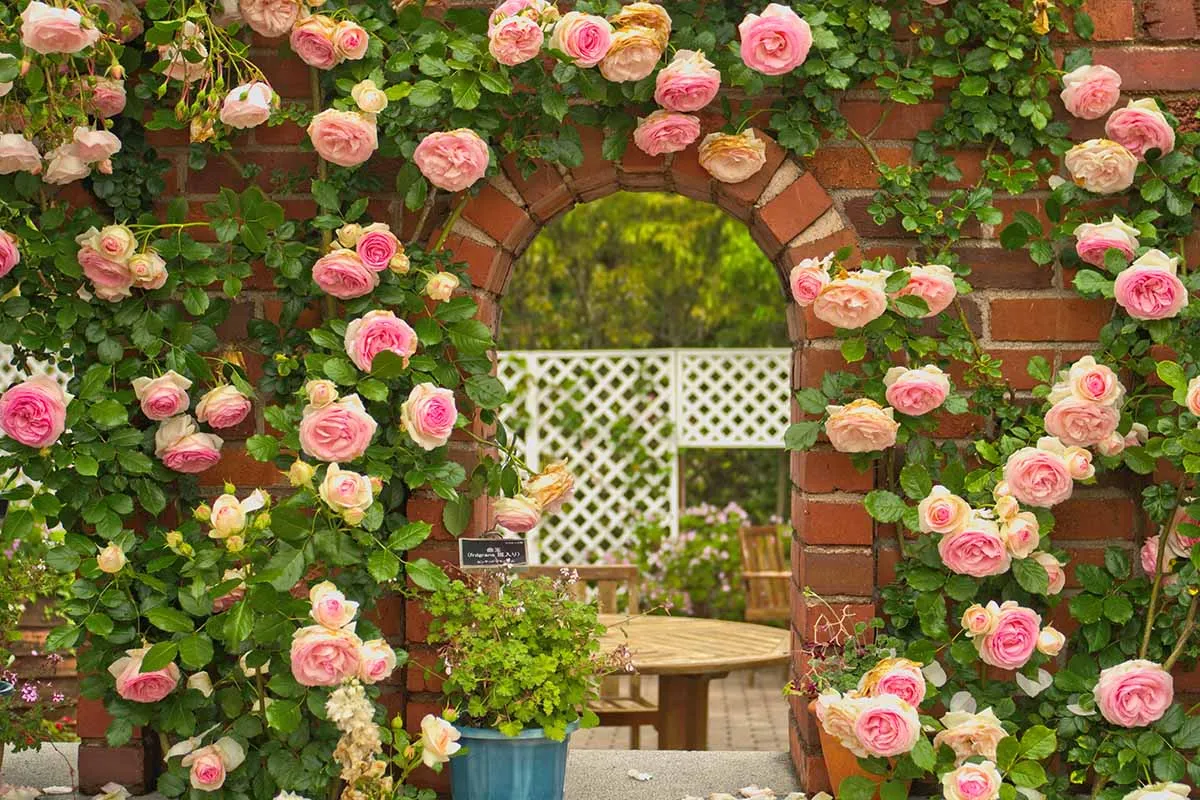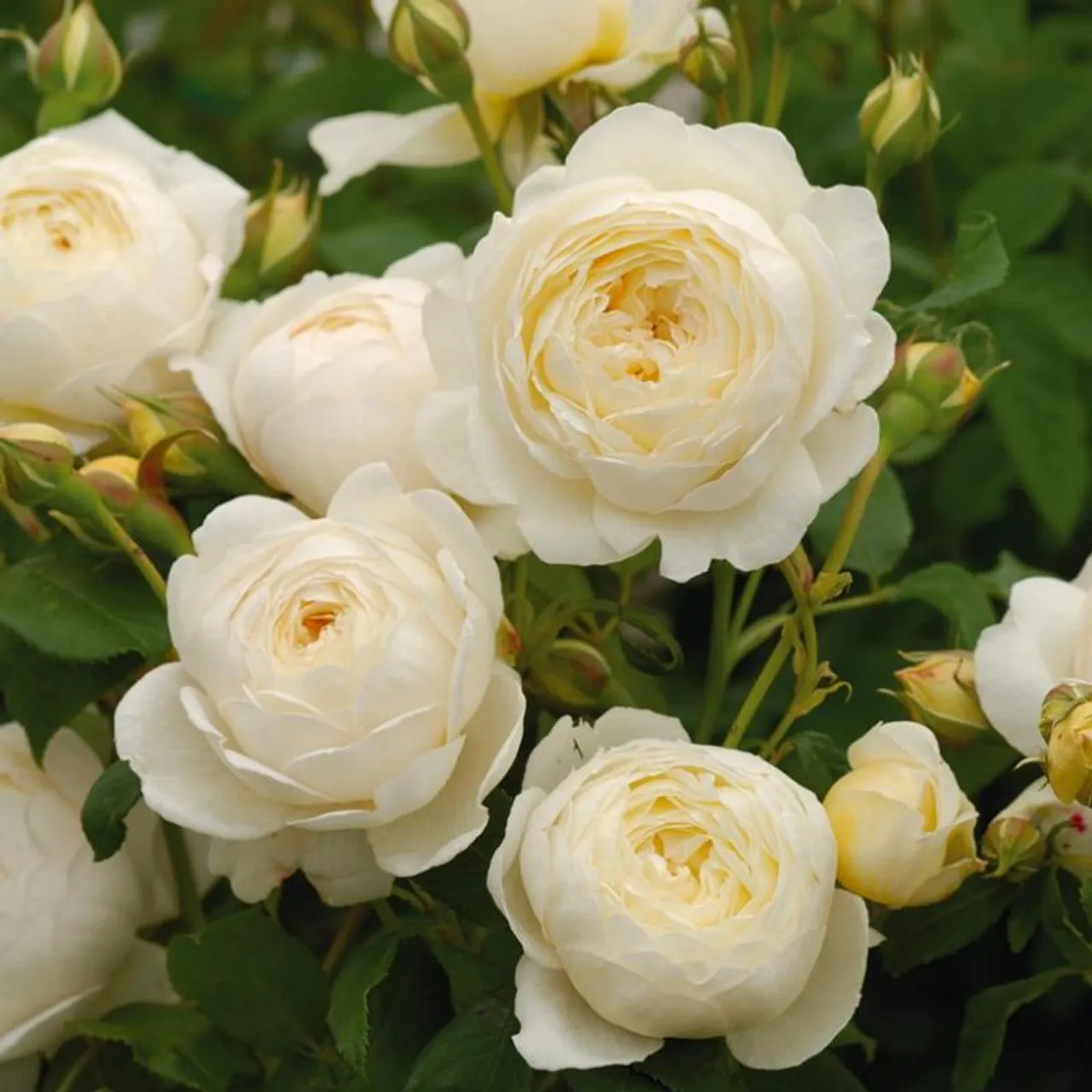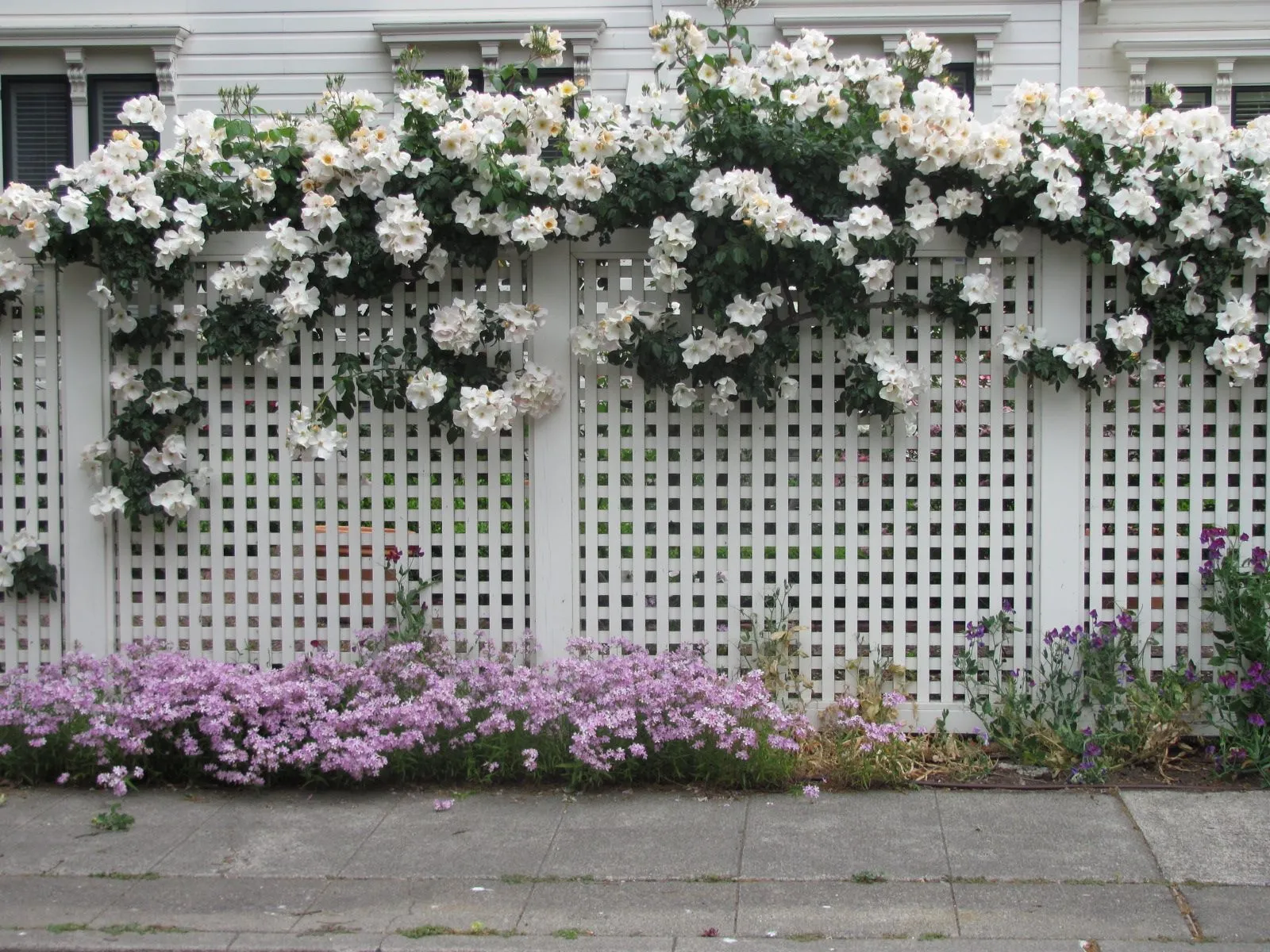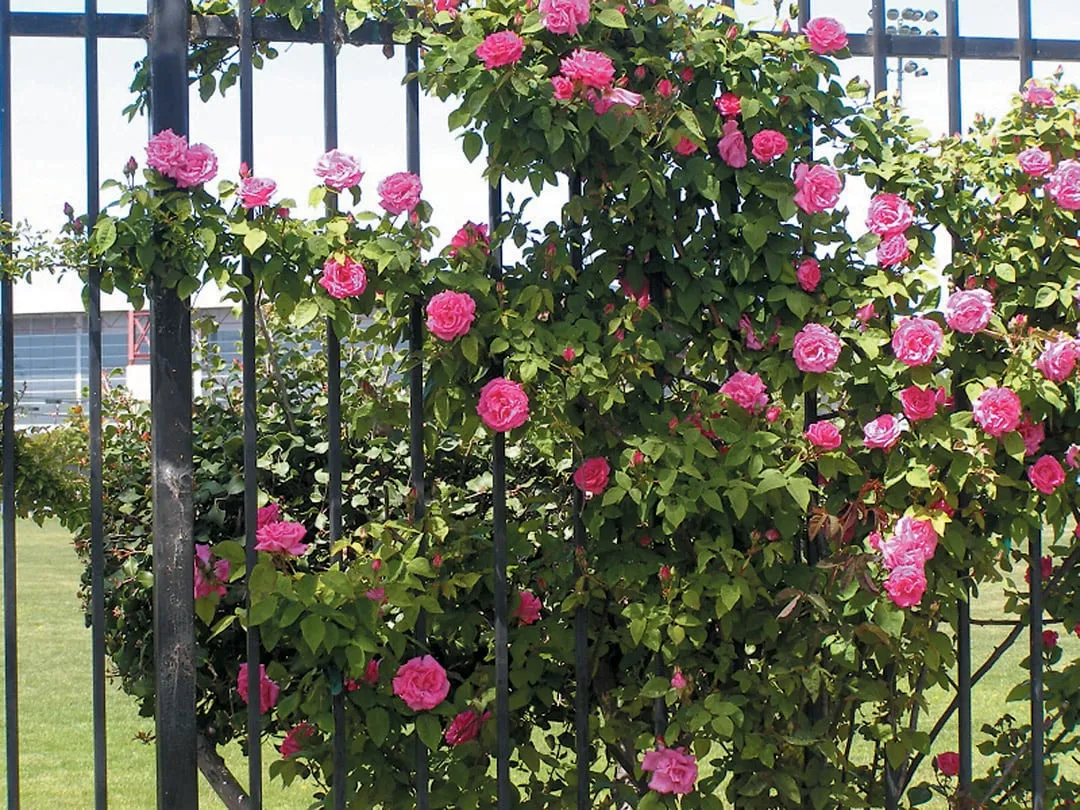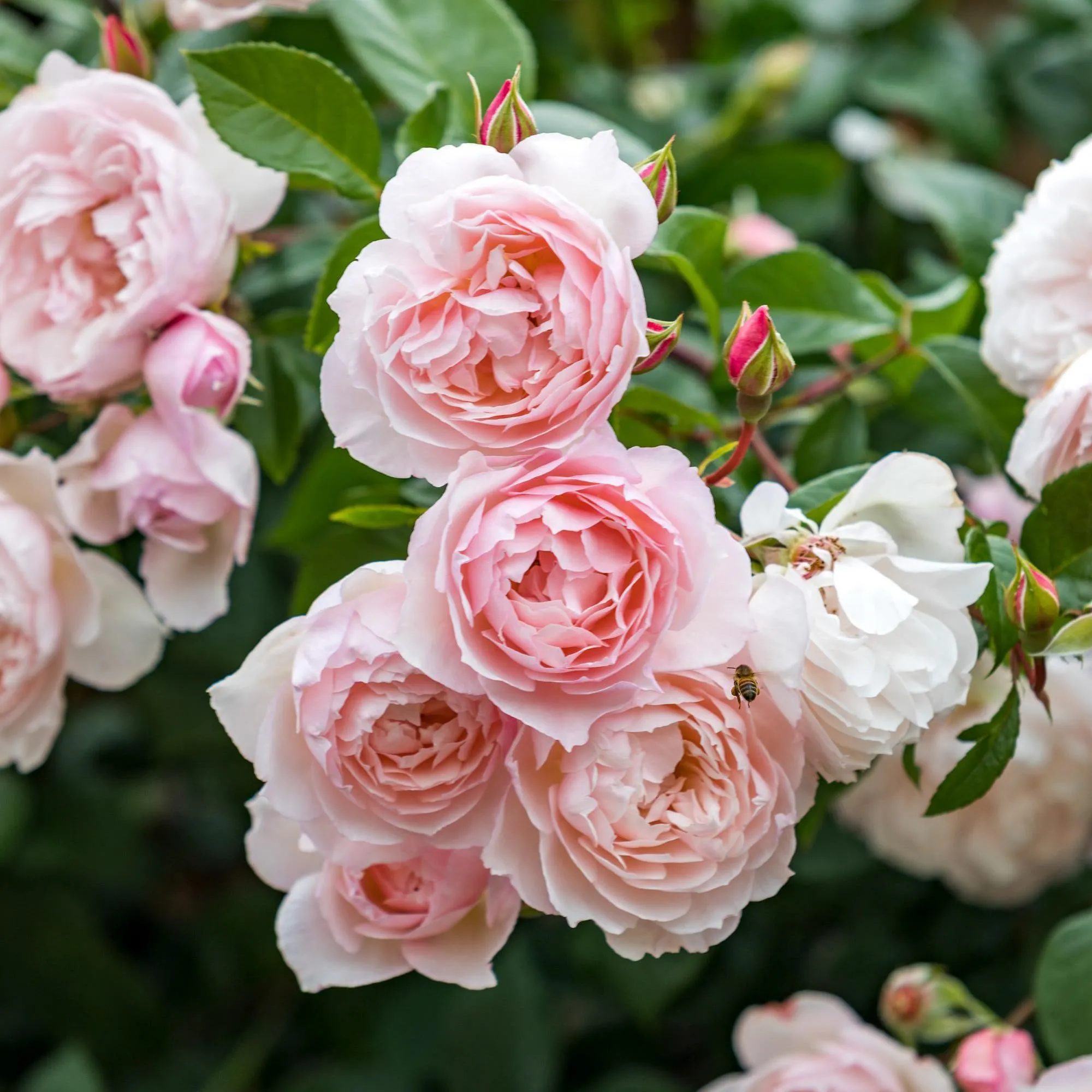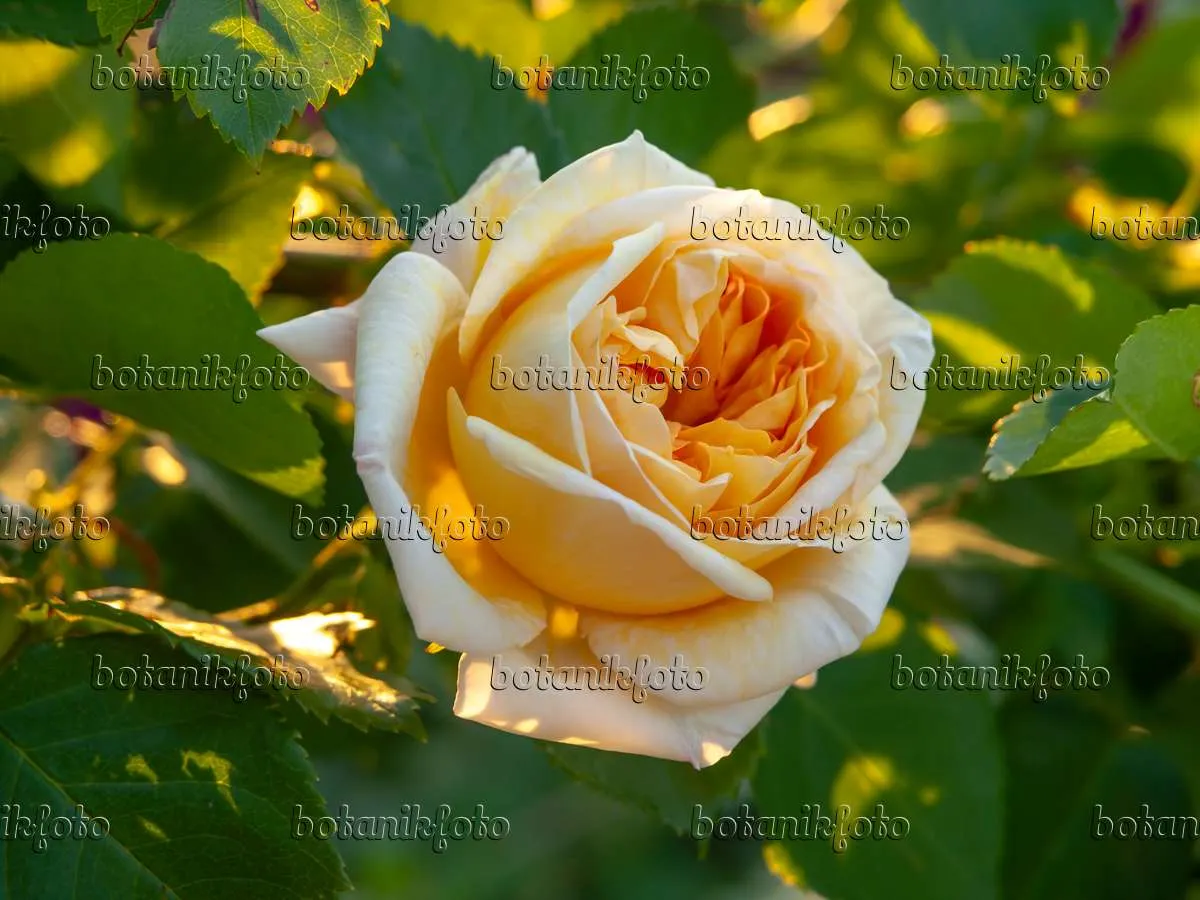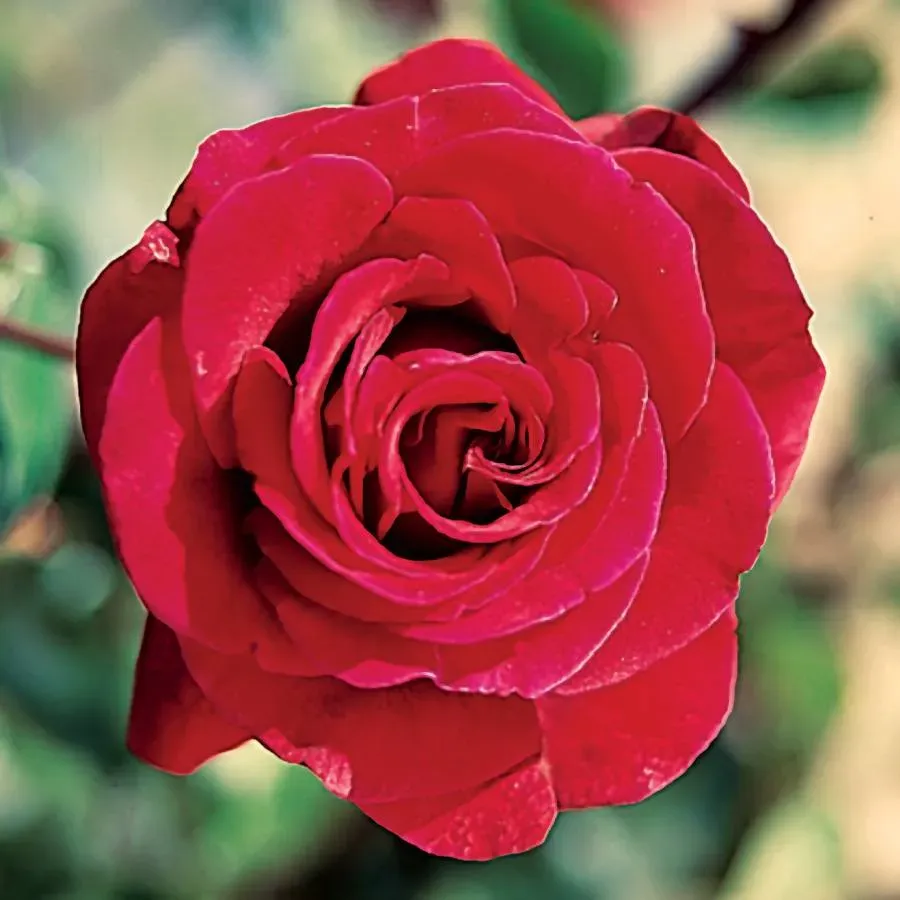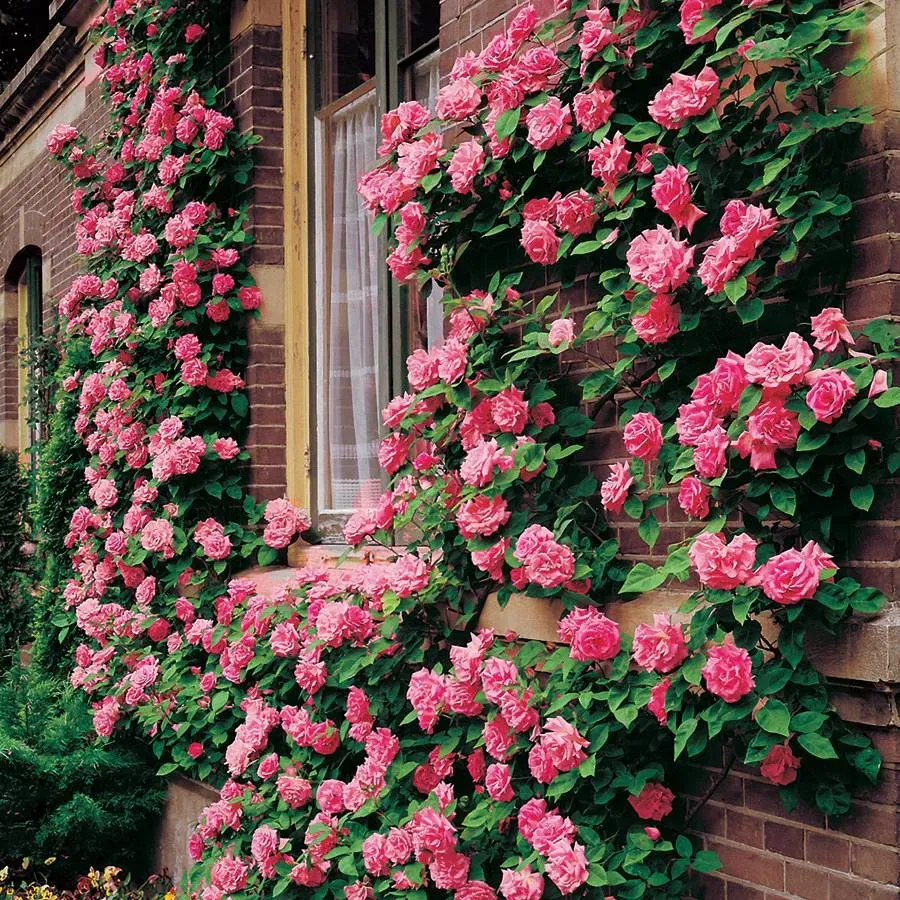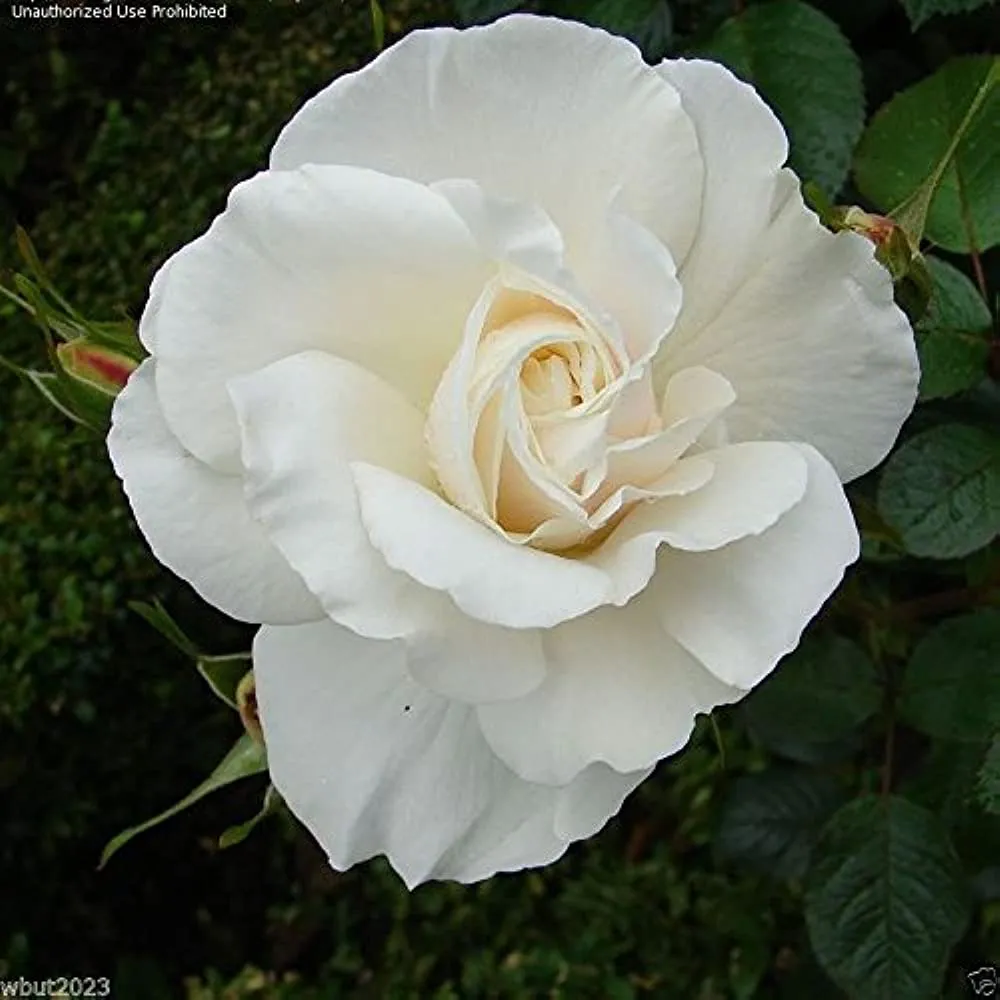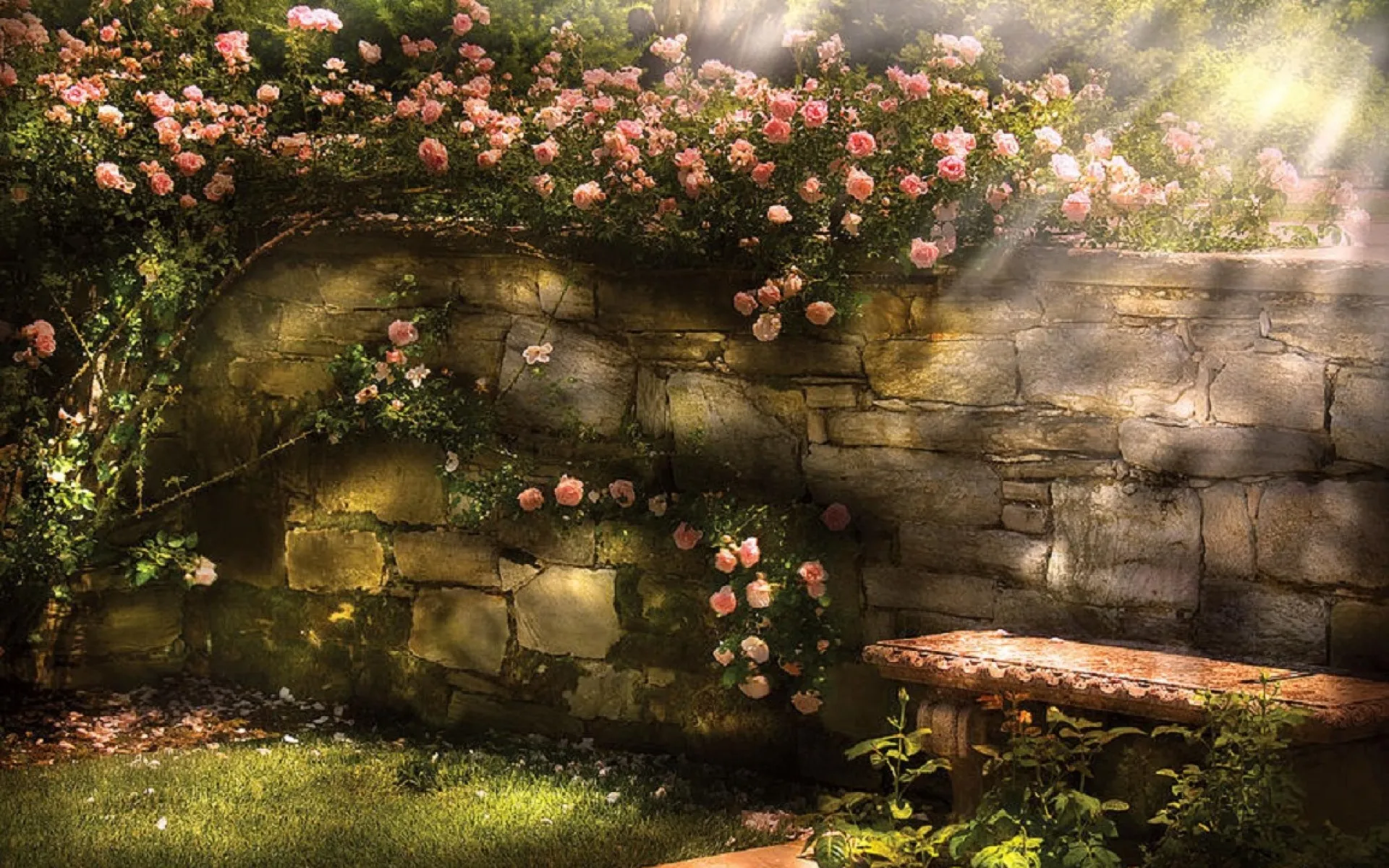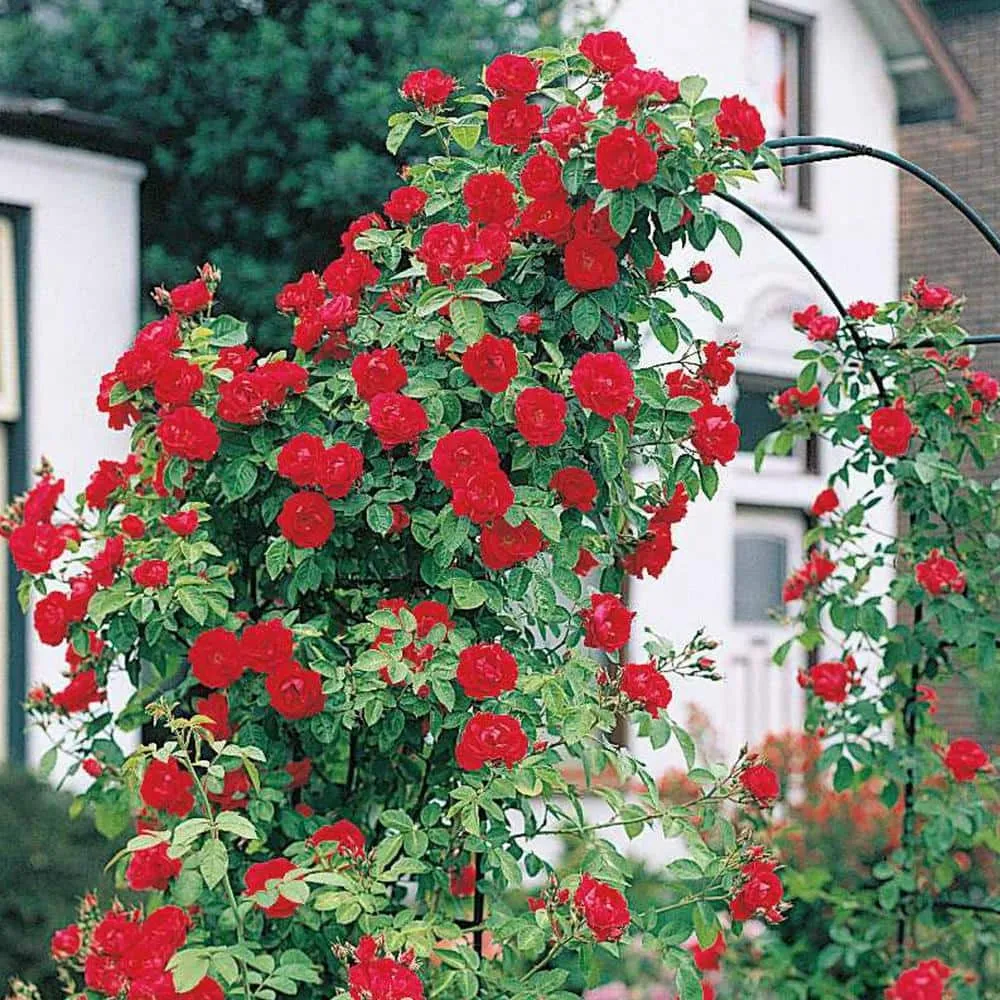Climbing Rose: A Guide to Growing and Caring for Your Garden's Statement Flower
Flowers have always been a symbol of beauty, elegance, and grace. They add color, fragrance, and life to any garden, and no garden is complete without roses. Roses come in many forms, including bushes, shrubs, and climbers, and each type has its own unique characteristics. In this article, we will explore the world of climbing roses, their growth habits, care requirements, and how to choose the best climbing rose for your garden.
What is a Climbing Rose?
Climbing roses are a type of rose that has long, flexible canes that can grow up to 20 feet or more. Unlike the bush or shrub rose, climbing roses do not have a woody base but rather have a flexible stem that can be trained to grow on a trellis, fence, or wall. Climbing roses come in many colors, including white, pink, red, and yellow, and can bloom throughout the growing season.
Types of Climbing Roses
There are two types of climbing roses: the large-flowered climbing rose and the rambling rose. The large-flowered climbing rose has a more upright growth habit and produces large, showy blooms. The rambling rose, on the other hand, has a more lax growth habit and produces clusters of small, delicate blooms.
Large-Flowered Climbing Roses
Large-flowered climbing roses are the most popular type of climbing rose. They have long, flexible canes that can be trained to grow on a trellis or wall. They bloom in the late spring or early summer and can produce a second flush of blooms in the fall. Some popular varieties of large-flowered climbing roses include: - Blaze – a bright red climbing rose that blooms throughout the growing season. - New Dawn – a pale pink climbing rose that blooms in the late spring and early summer. - Climbing Iceberg – a white climbing rose that blooms throughout the growing season.
Rambling Roses
Rambling roses have a more lax growth habit than large-flowered climbing roses. They produce clusters of small, delicate blooms and are often used to cover walls, fences, or other structures. Rambling roses bloom in the late spring or early summer and can produce a second flush of blooms in the fall. Some popular varieties of rambling roses include: - Francis E. Lester – a pink rambling rose that blooms in the late spring and early summer. - Veilchenblau – a mauve rambling rose that blooms in the late spring and early summer. - Alberic Barbier – a white rambling rose that blooms in the late spring and early summer.
How to Plant Climbing Roses
Climbing roses can be planted in the fall or early spring. The first step in planting a climbing rose is to choose a location. Climbing roses need full sun to thrive, so choose a spot that gets at least 6 hours of direct sunlight per day. The soil should be well-drained and rich in organic matter. If your soil is heavy clay, add some compost or well-rotted manure to improve drainage. To plant your climbing rose, dig a hole that is twice as wide and deep as the root ball. Mix some compost or well-rotted manure into the soil that you removed from the hole. Place the rose in the hole and backfill with the amended soil. Water the rose thoroughly and add a layer of mulch around the base of the plant to help retain moisture.
How to Train Climbing Roses
Training climbing roses is an important part of caring for them. The goal of training is to create a framework for the rose to grow on. The best time to start training your climbing rose is in the early spring, just as the new growth is starting to emerge. The first step in training your climbing rose is to tie the canes to a support structure, such as a trellis or fence. Use soft twine or garden tape to tie the canes to the support structure. Be gentle when tying the canes, as they can be easily damaged. As the rose grows, continue to tie the canes to the support structure. You may need to prune some of the canes to encourage the rose to grow in the desired direction. It is also important to remove any dead or damaged canes as they appear.
How to Care for Climbing Roses
Climbing roses are relatively easy to care for, but they do require some maintenance to keep them healthy and blooming. Here are some tips for caring for your climbing rose:
Watering
Climbing roses need regular watering, especially during the hot summer months. Water deeply once a week, rather than giving your rose frequent shallow waterings. This will encourage the roots to grow deeper into the soil.
Fertilizing
Climbing roses benefit from regular fertilization. Apply a balanced fertilizer, such as a 10-10-10, in the spring and again in the summer. Follow the manufacturer's instructions for application rates.
Pruning
Pruning is an important part of caring for climbing roses. Pruning helps to shape the rose and encourages new growth. The best time to prune climbing roses is in the early spring, just as the new growth is starting to emerge. Remove any dead or damaged canes, and prune back any canes that are crossing over each other.
Disease Control
Climbing roses are susceptible to a few diseases, including blackspot and powdery mildew. To prevent these diseases, make sure your rose is planted in a location that gets good air circulation. Also, avoid getting the leaves wet when you water your rose, as this can promote the growth of fungal diseases. If your rose does develop a disease, treat it with a fungicide according to the manufacturer's instructions.
Conclusion
Climbing roses are a beautiful addition to any garden. They add vertical interest and can be trained to grow on a trellis, fence, or wall. With the right care, climbing roses can bloom throughout the growing season and provide a stunning display of color and fragrance. When choosing a climbing rose for your garden, consider the growth habit, color, and bloom time. With a little bit of planning and care, your climbing rose will become the statement flower in your garden.
Frequently asked questions about Climbing rose wallpapers
What are Climbing Rose pictures?
Climbing Rose pictures are high-quality images of beautiful climbing roses that can be downloaded for free from our website.
How many Climbing Rose pictures are available on your website?
Currently, we have 44 Climbing Rose pictures available on our website.
What category do Climbing Rose pictures fall under on your website?
Climbing Rose pictures fall under the "Flowers" category on our website.
Can I download Climbing Rose pictures for free?
Yes, all Climbing Rose pictures on our website can be downloaded for free.
What file types are available for Climbing Rose pictures?
We provide Climbing Rose pictures in three different file types: .jpg, .png, and .webp.
Can I choose different sizes for Climbing Rose pictures?
Yes, you can choose different sizes (width and height) for Climbing Rose pictures. We offer a range of sizes to suit your needs.
Do I need to create an account to download Climbing Rose pictures?
No, you do not need to create an account to download Climbing Rose pictures from our website.
Is there a limit to how many Climbing Rose pictures I can download?
No, there is no limit to how many Climbing Rose pictures you can download from our website.
Do you offer different sizes for mobile devices?
Yes, our website automatically detects the visitor's mobile screen size and chooses the right size for them.
Can I use Climbing Rose pictures for commercial purposes?
Yes, you can use Climbing Rose pictures for commercial purposes. However, please make sure to read our terms and conditions before using our images.
What are your terms and conditions for using Climbing Rose pictures?
Our terms and conditions state that you may use our Climbing Rose pictures for personal and commercial purposes as long as you do not redistribute or resell the images. Please read our full terms and conditions for more information.


